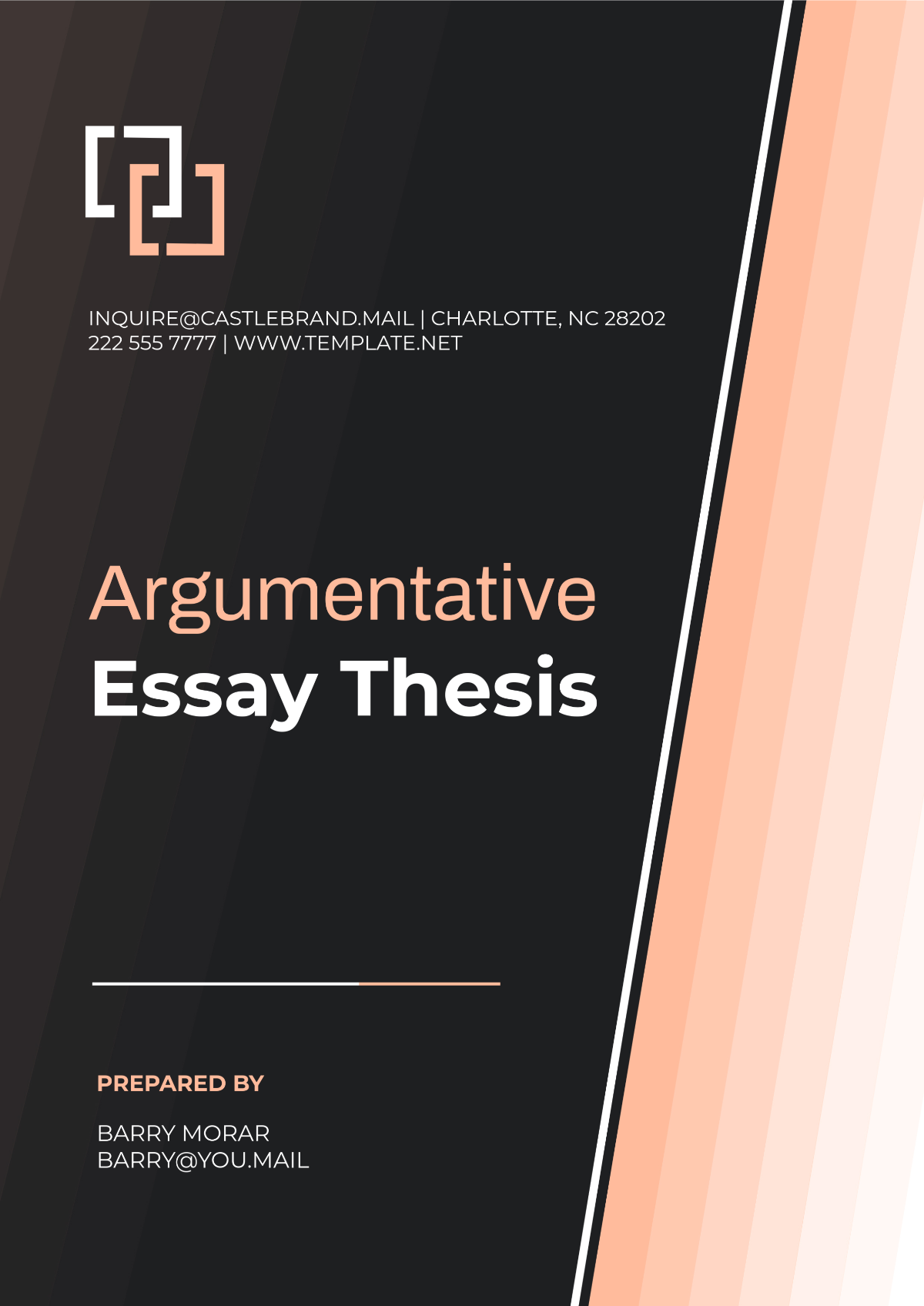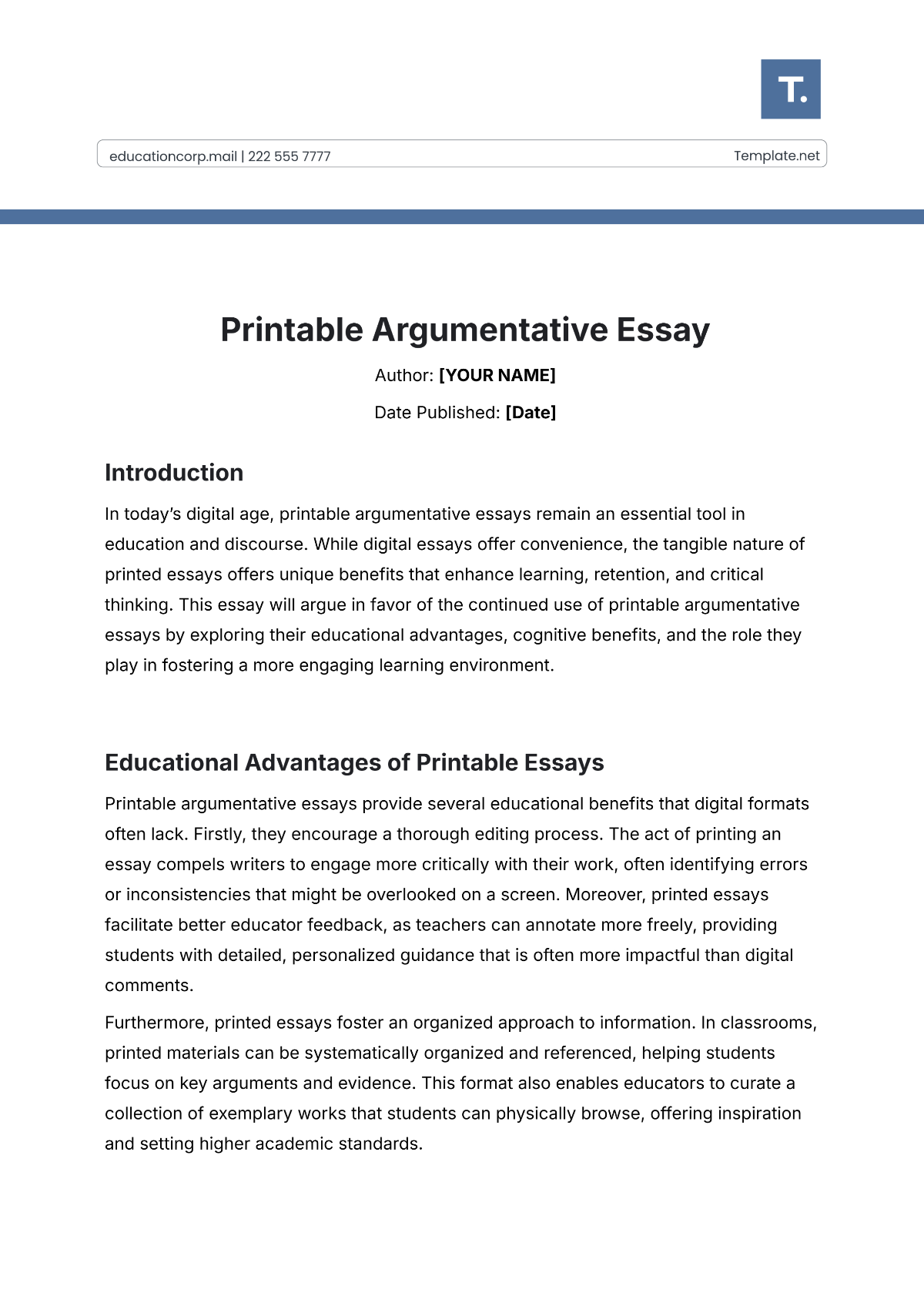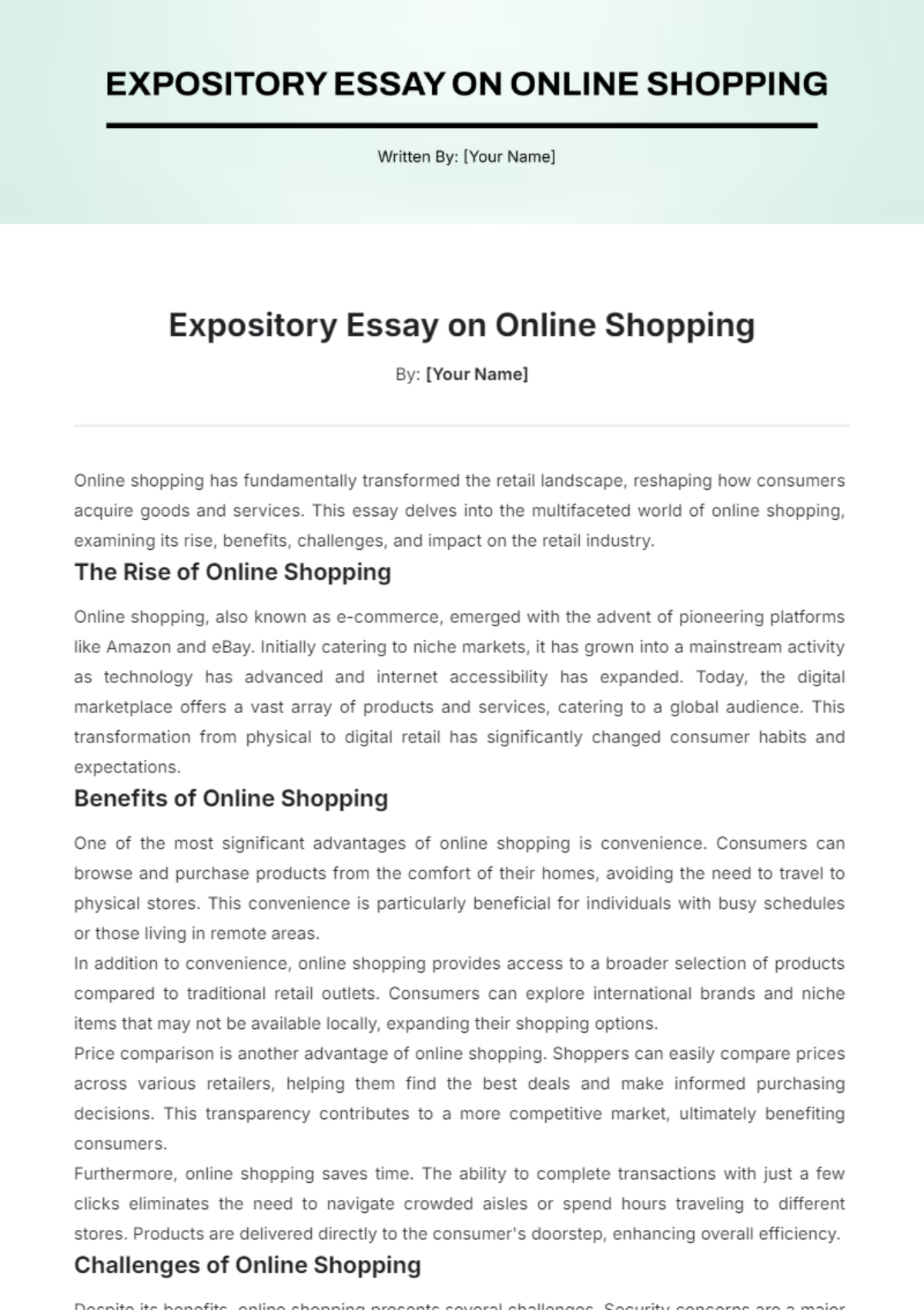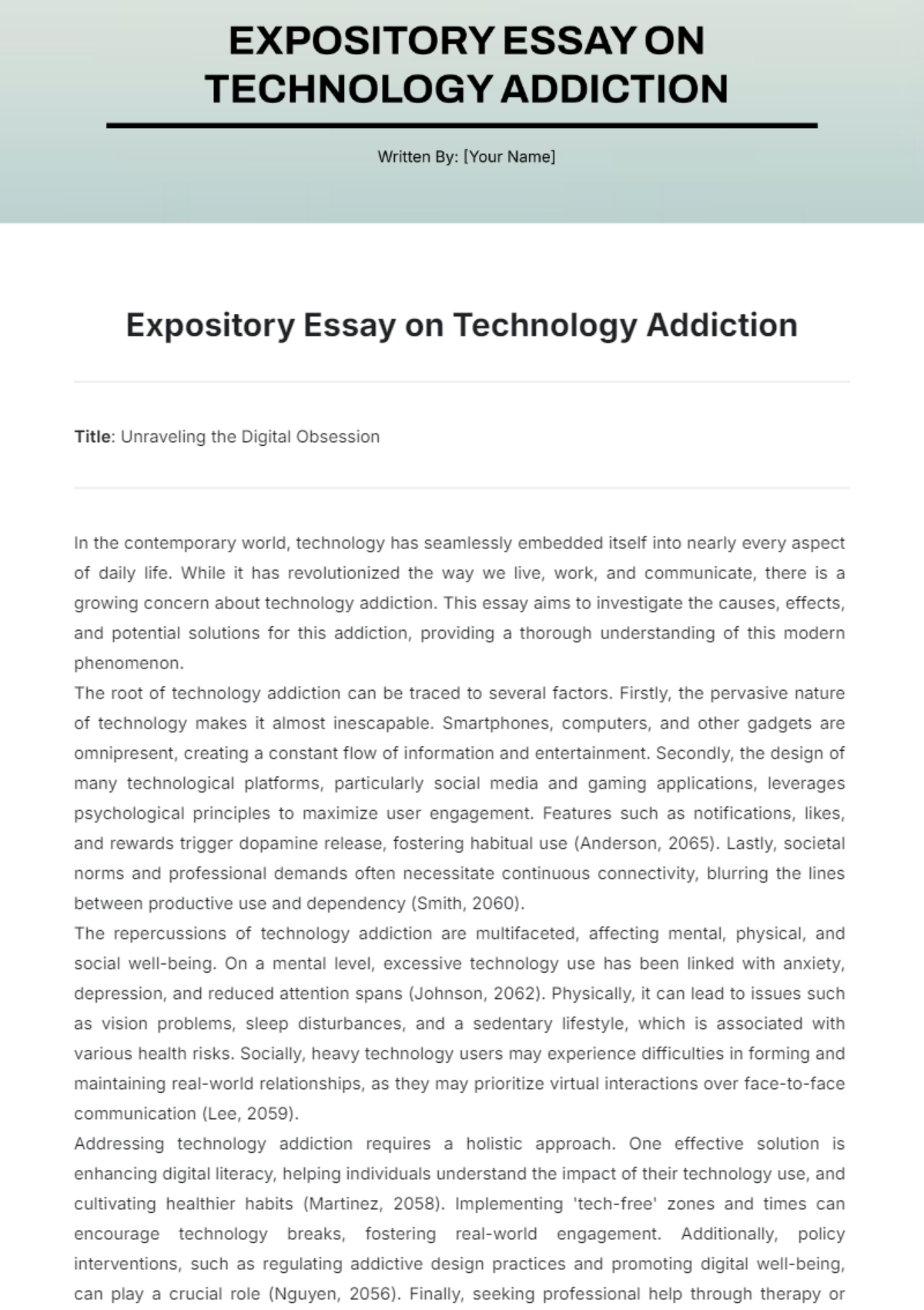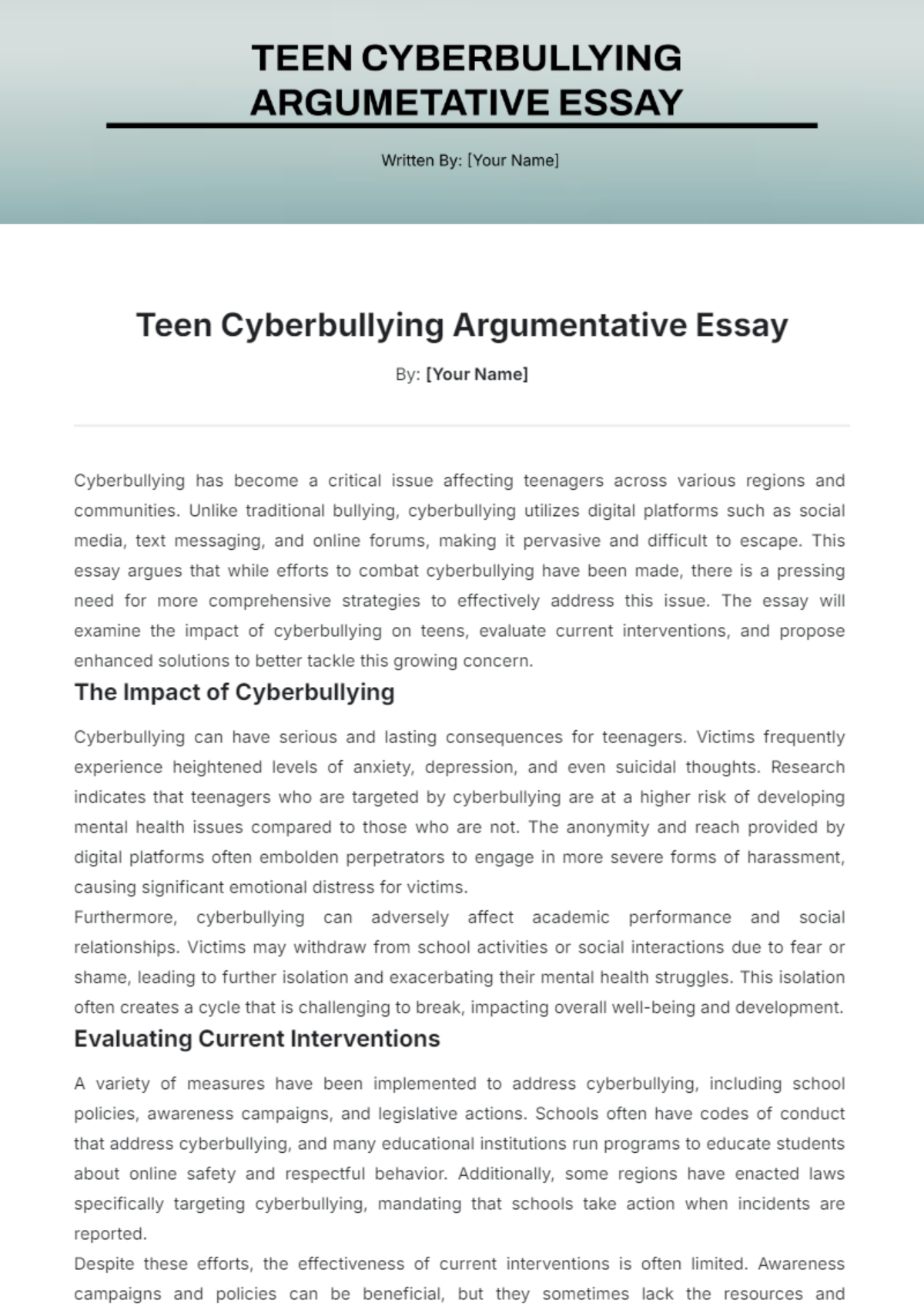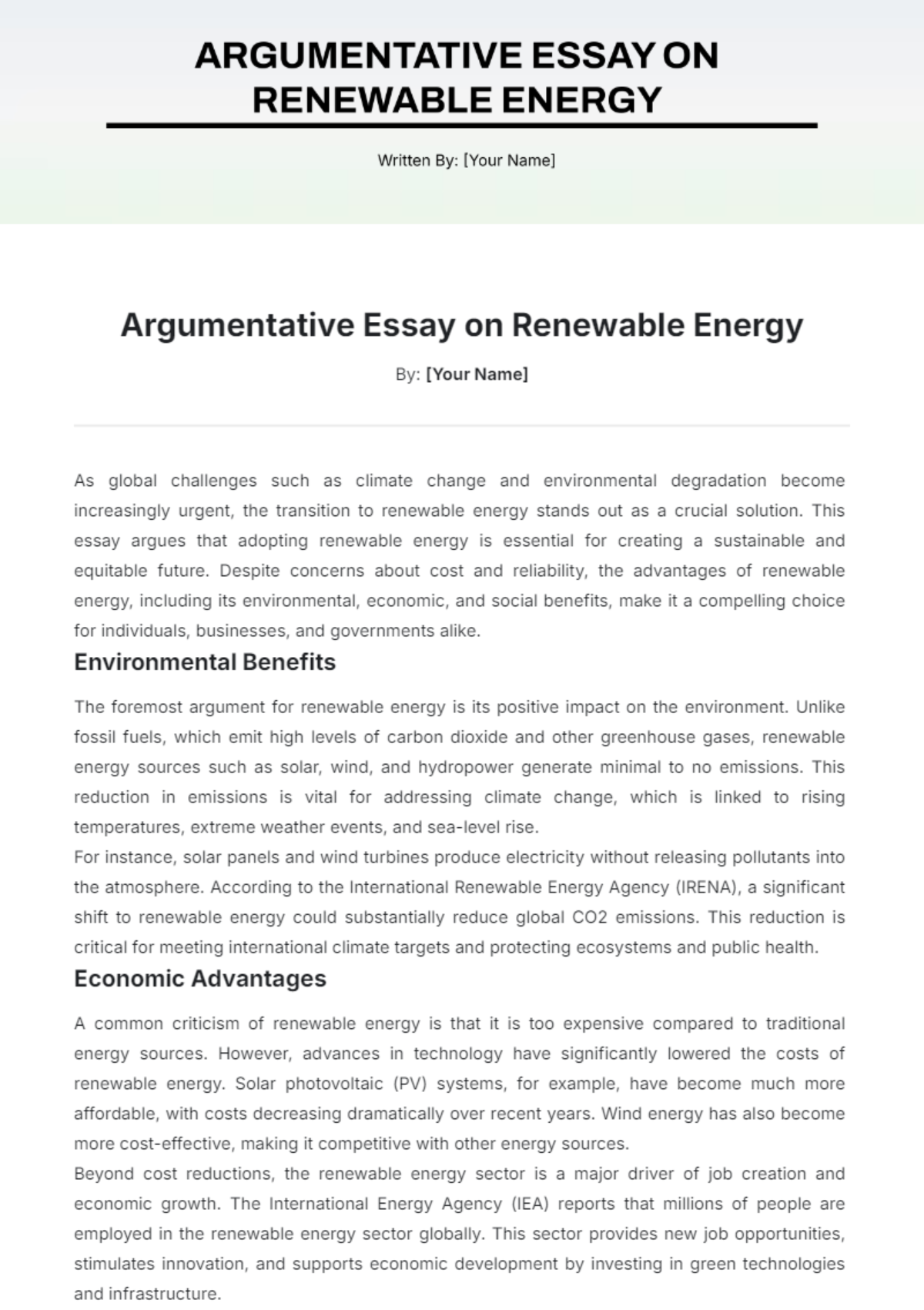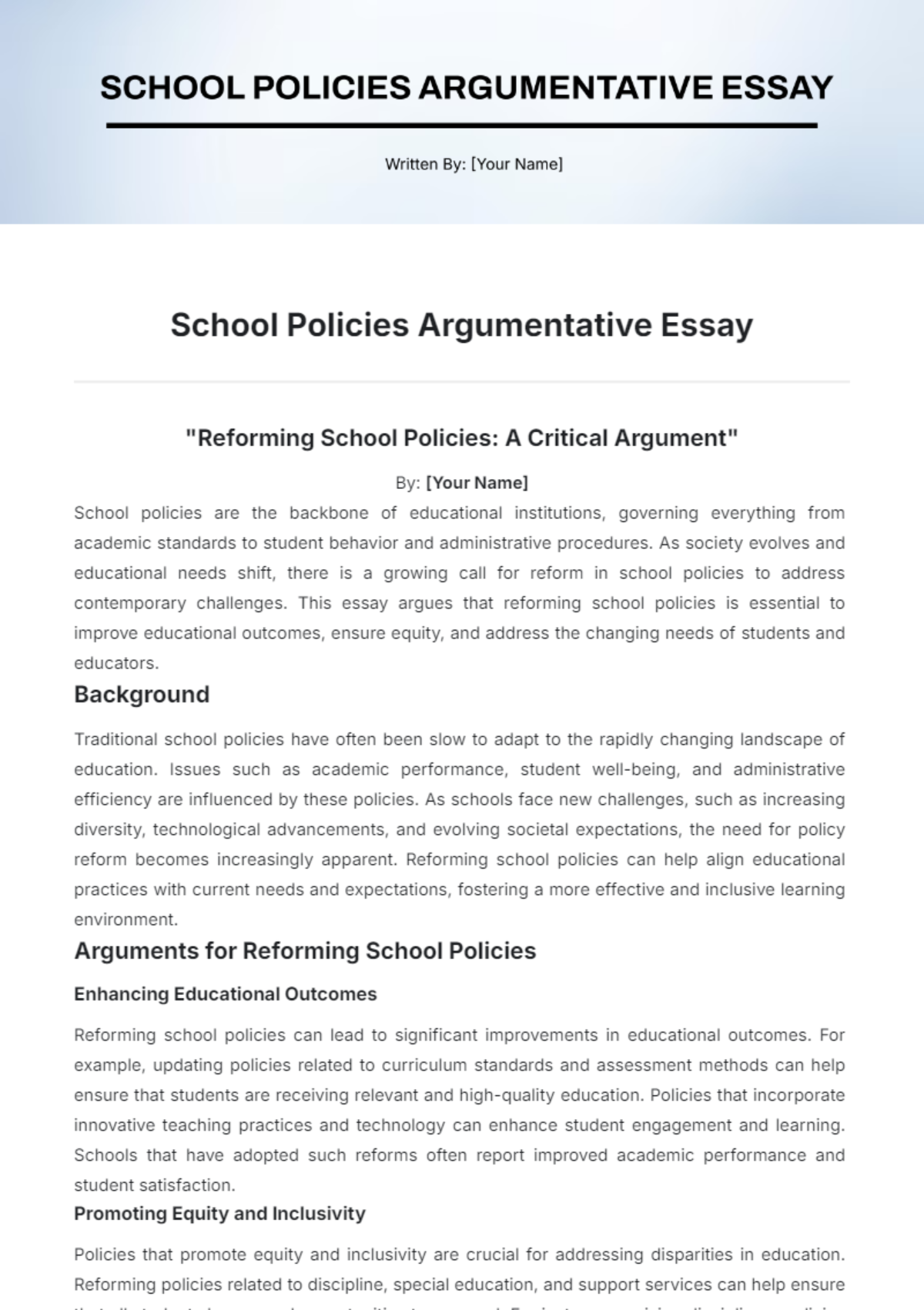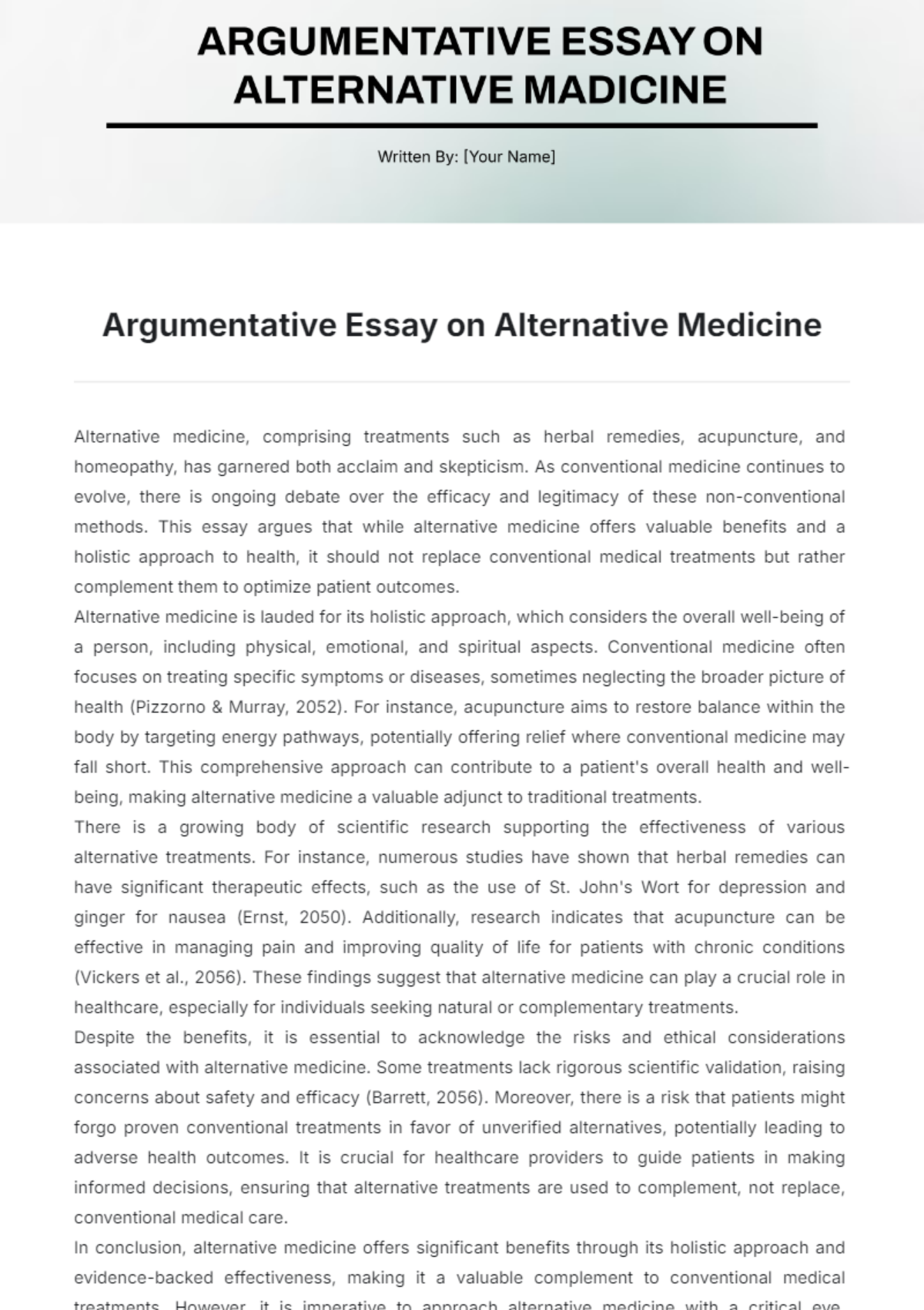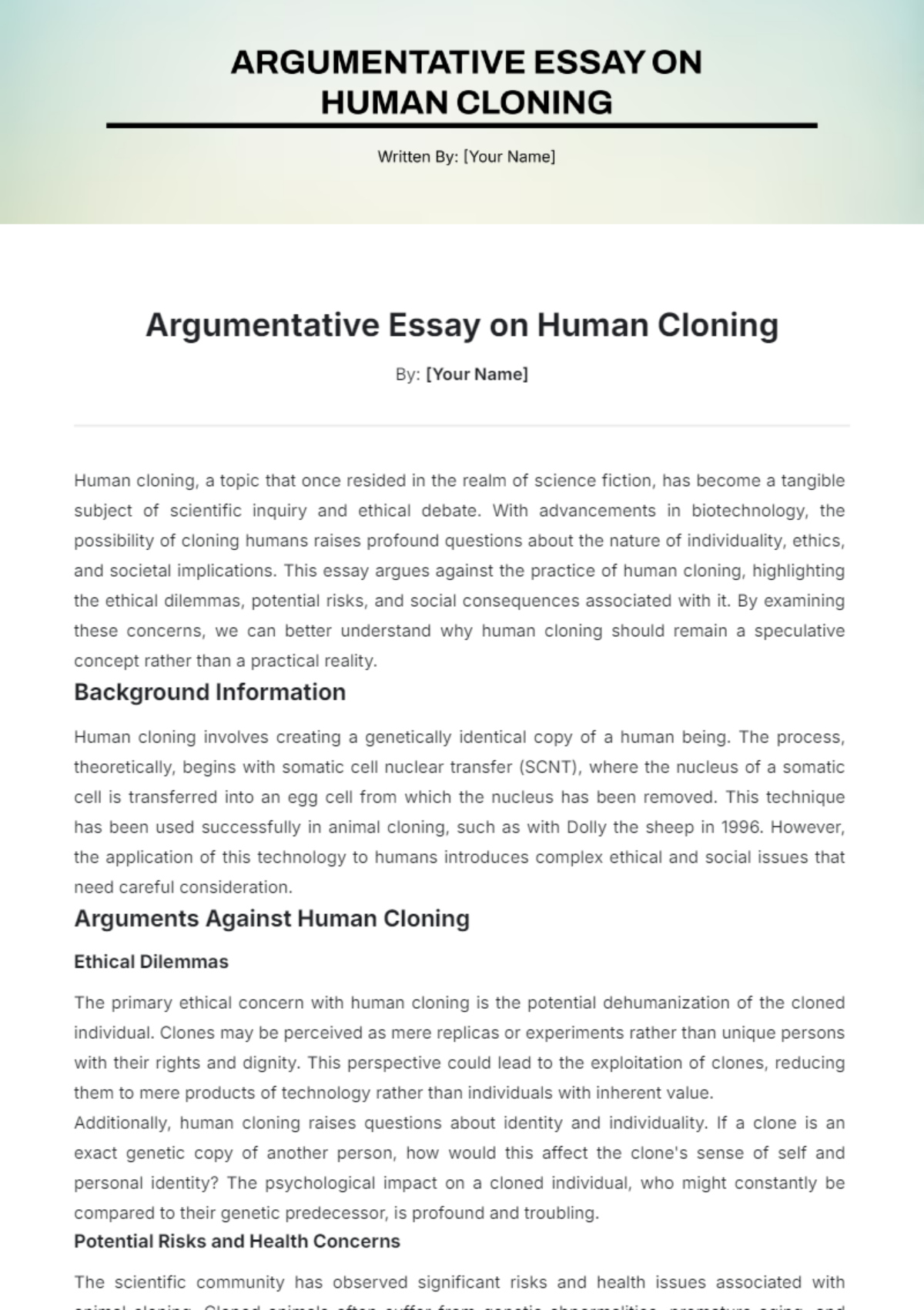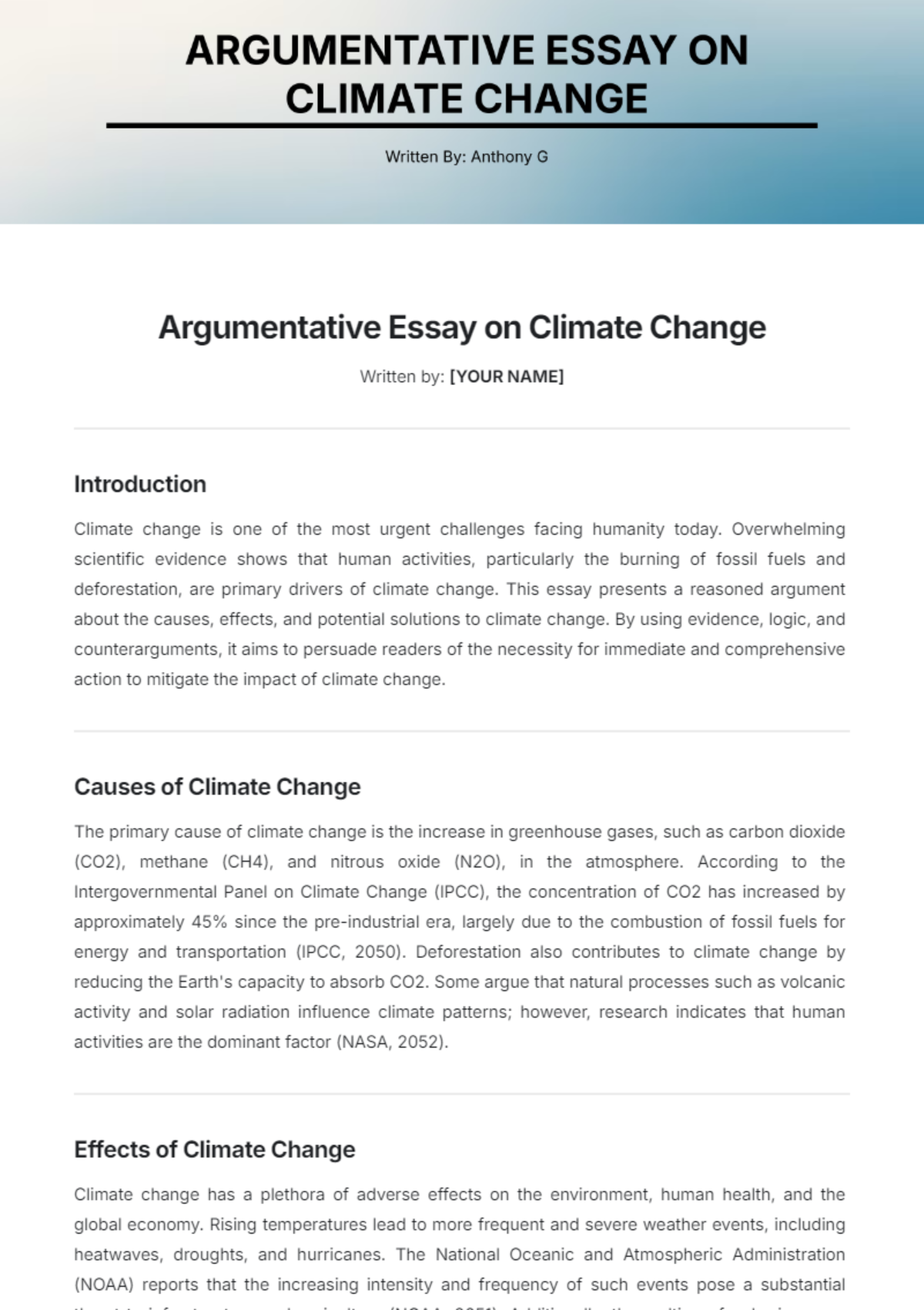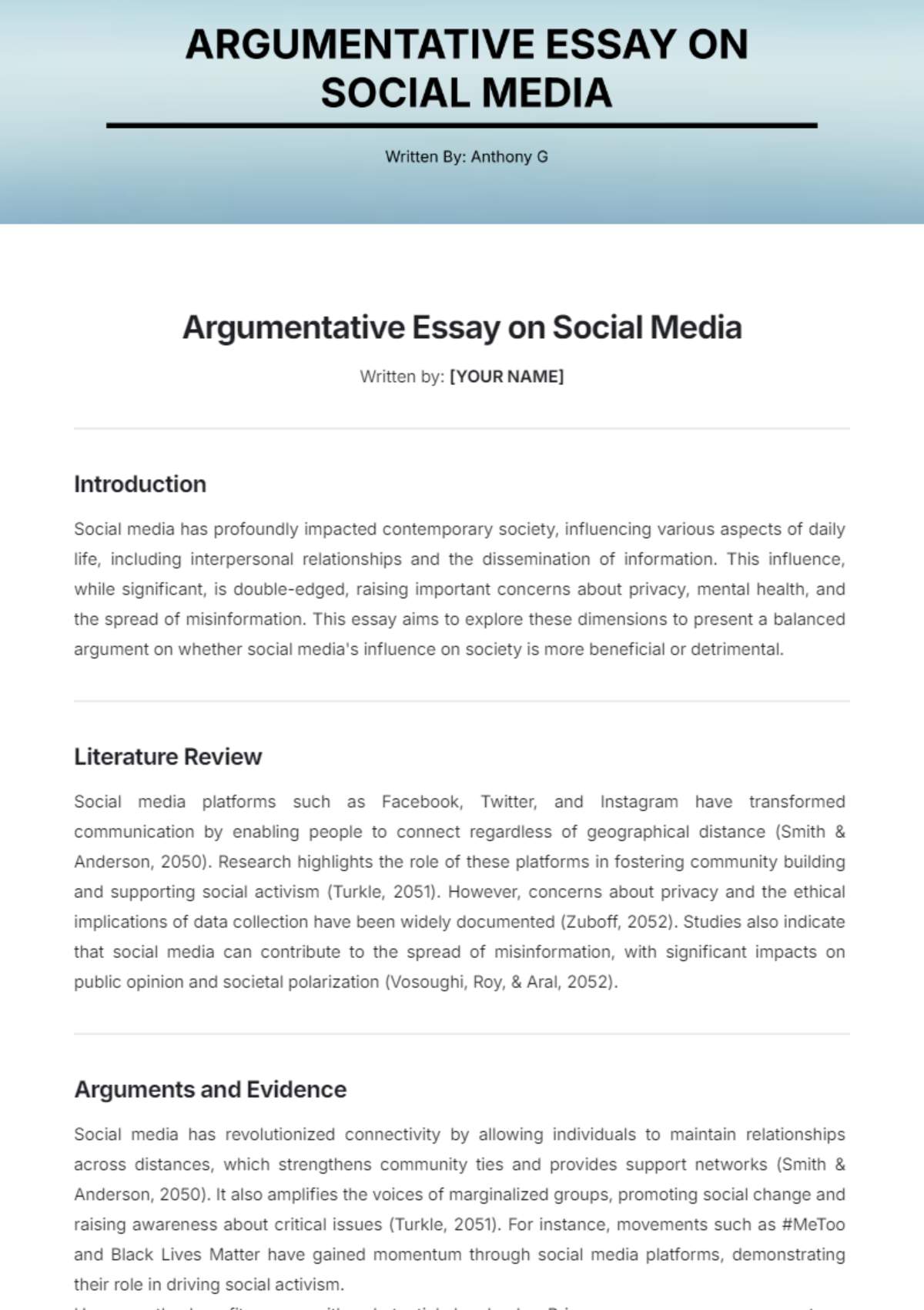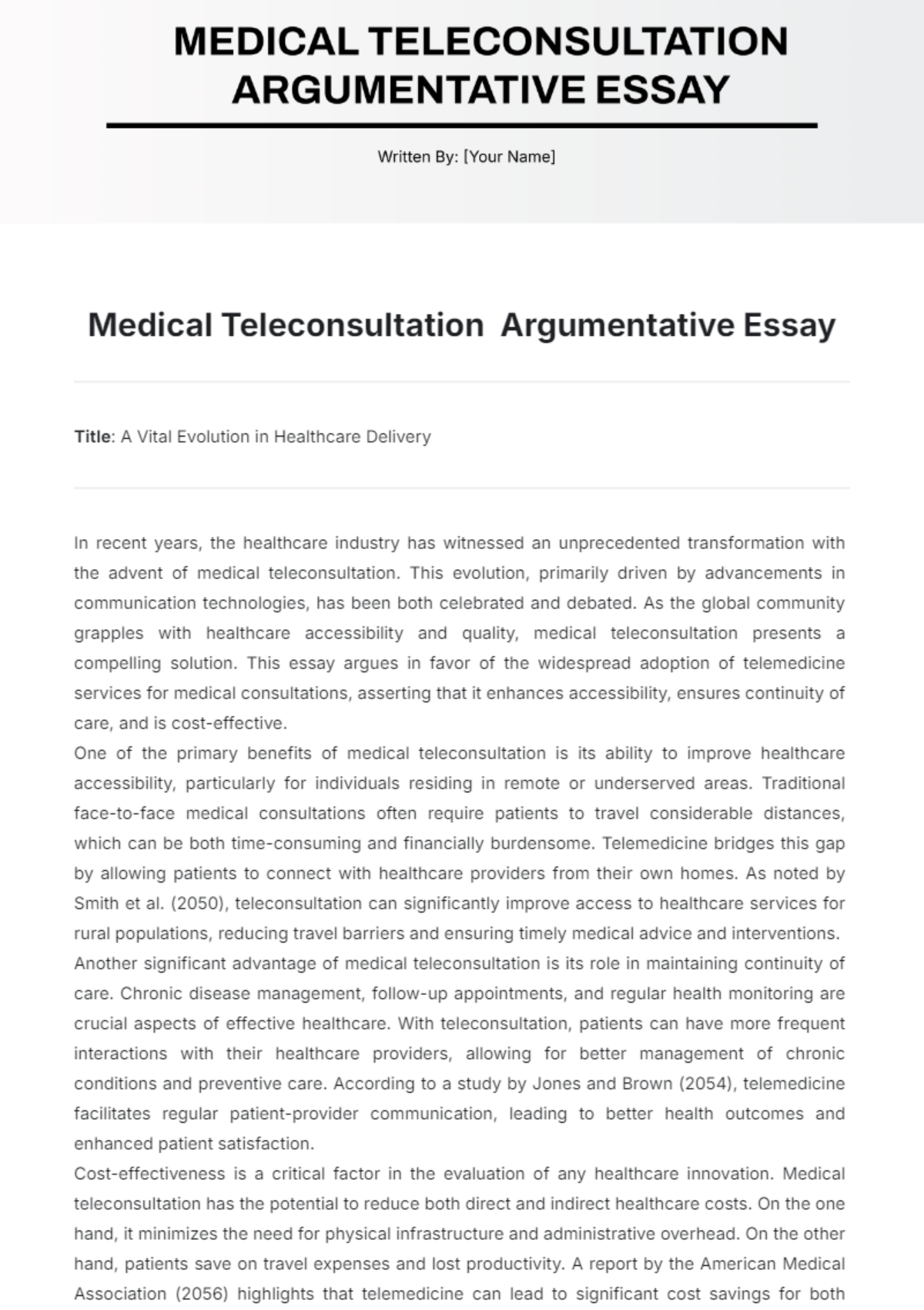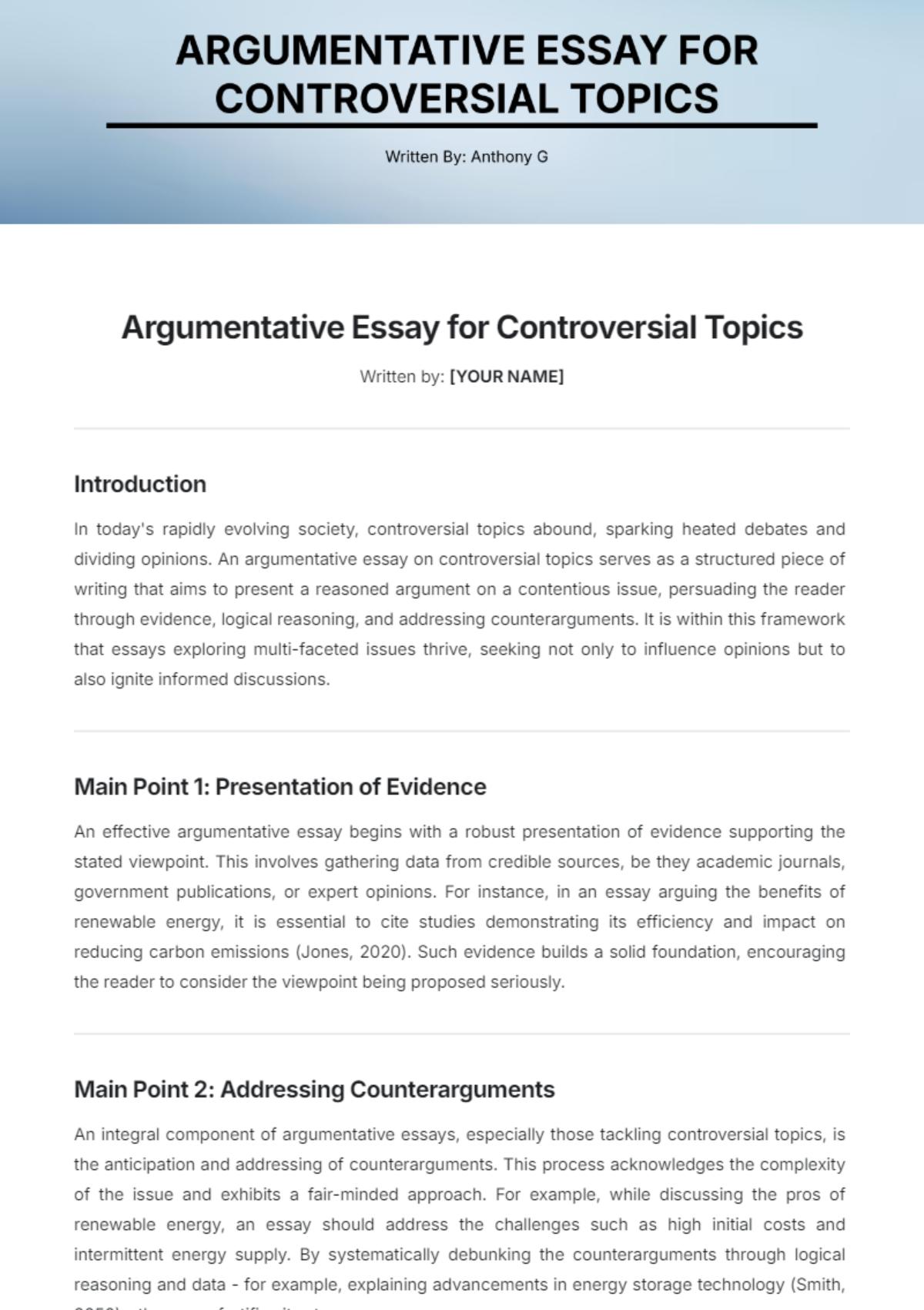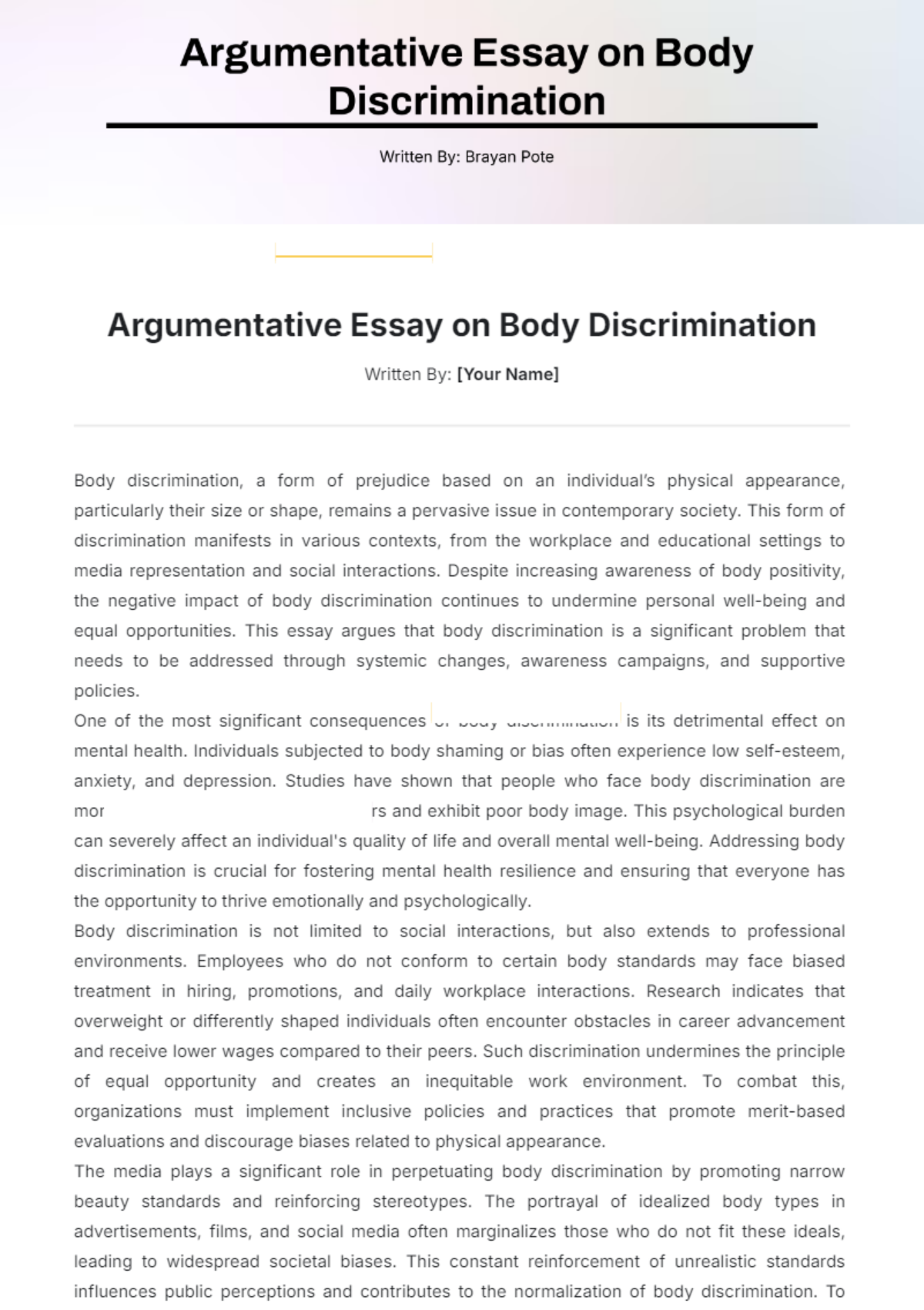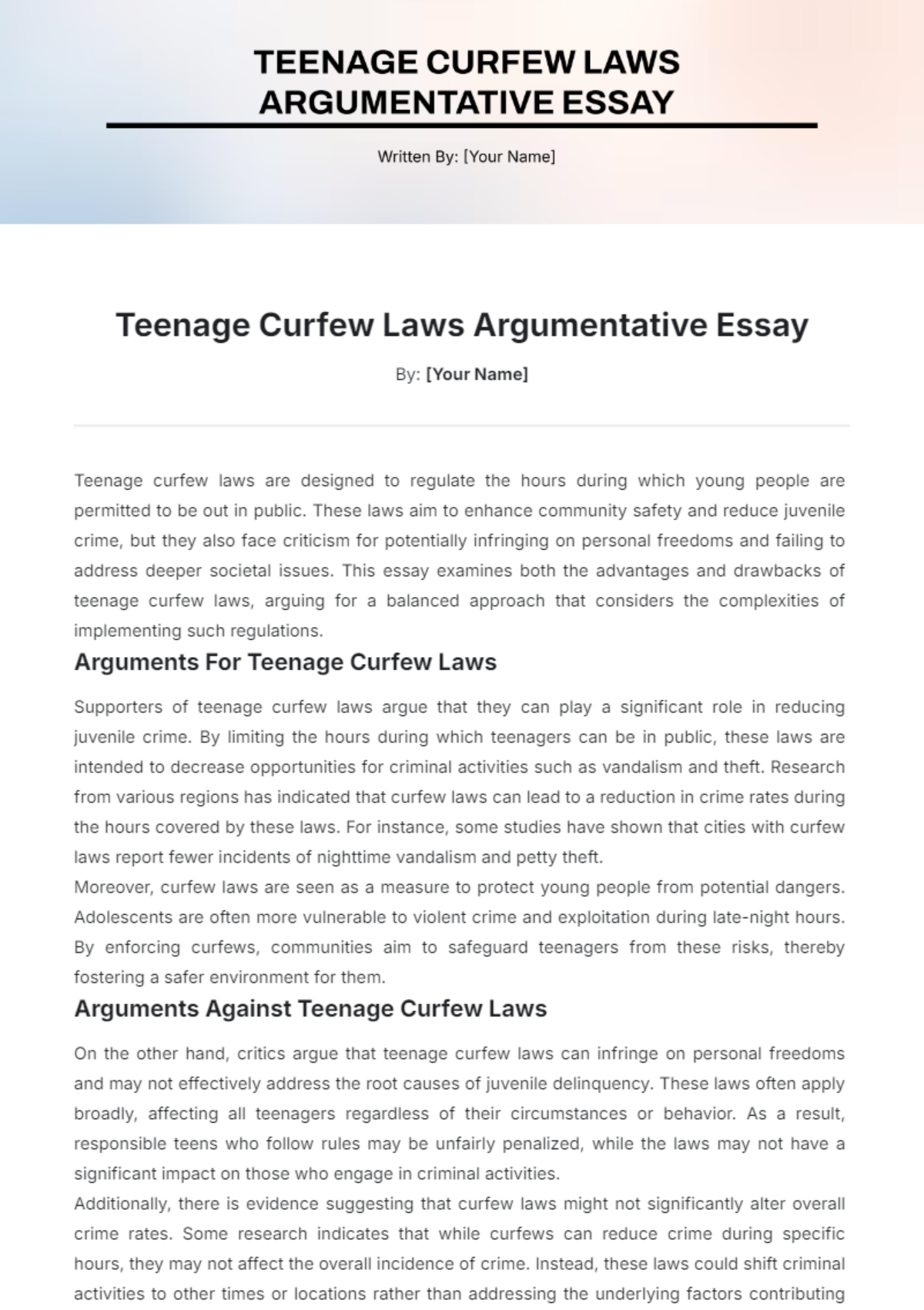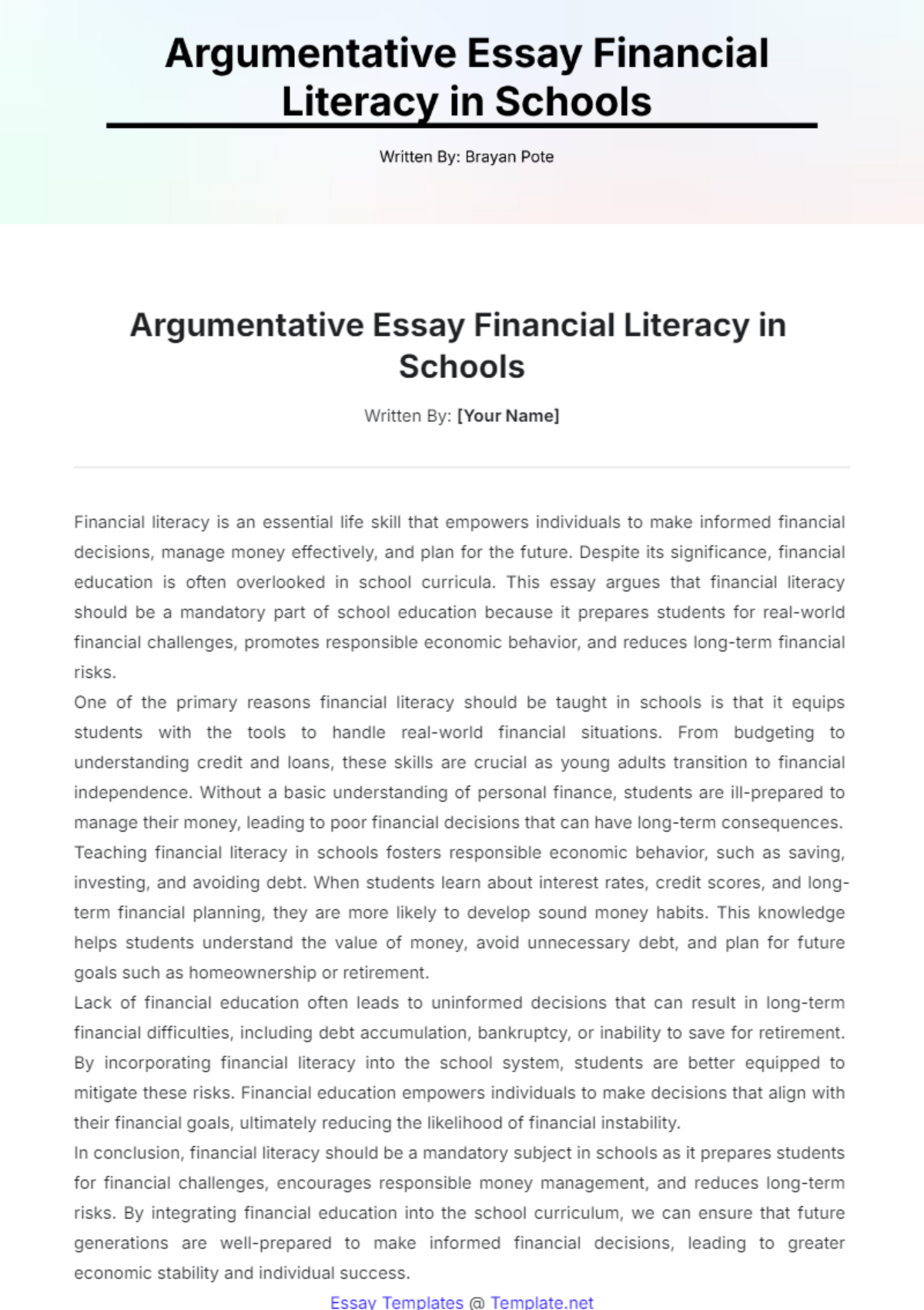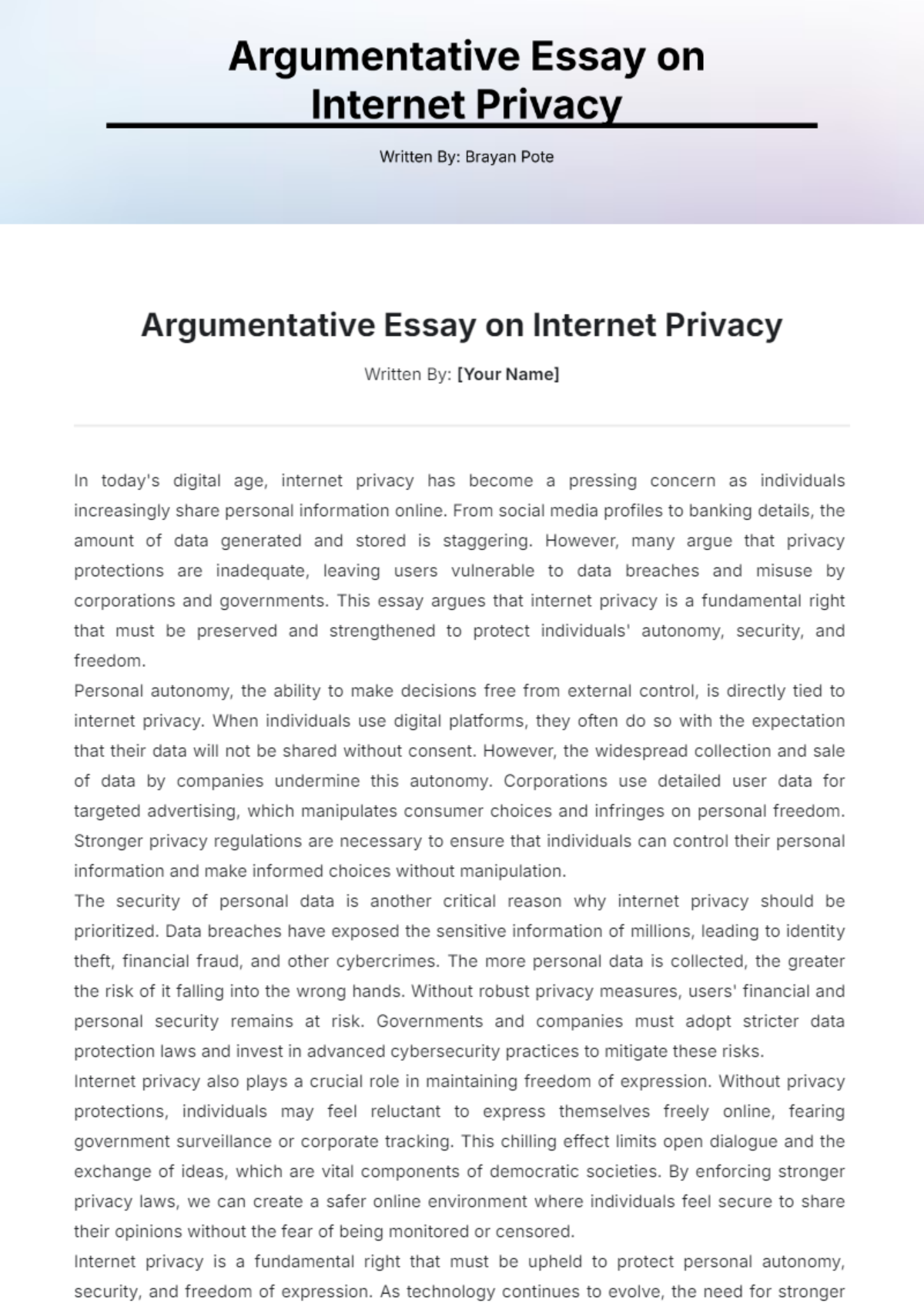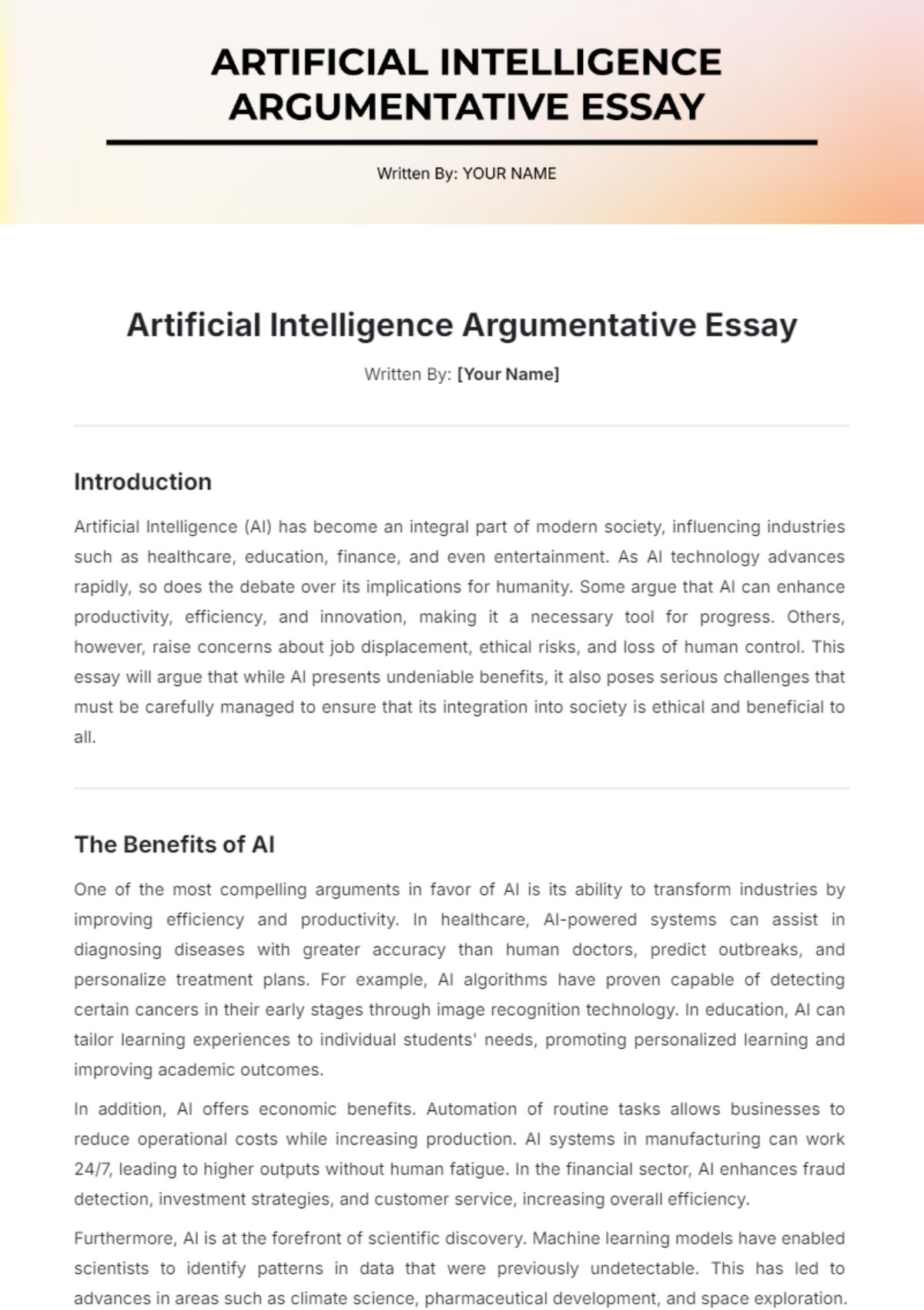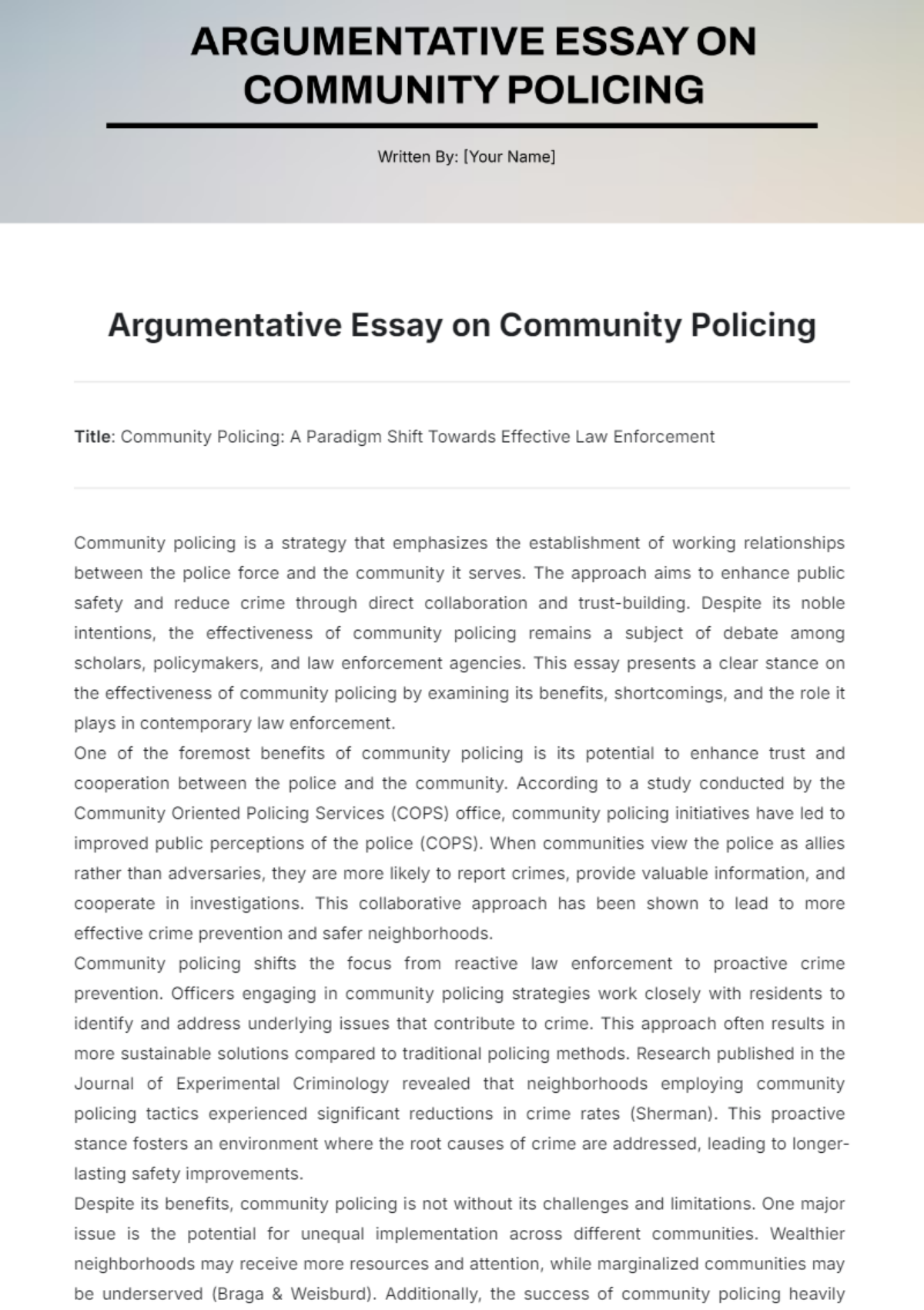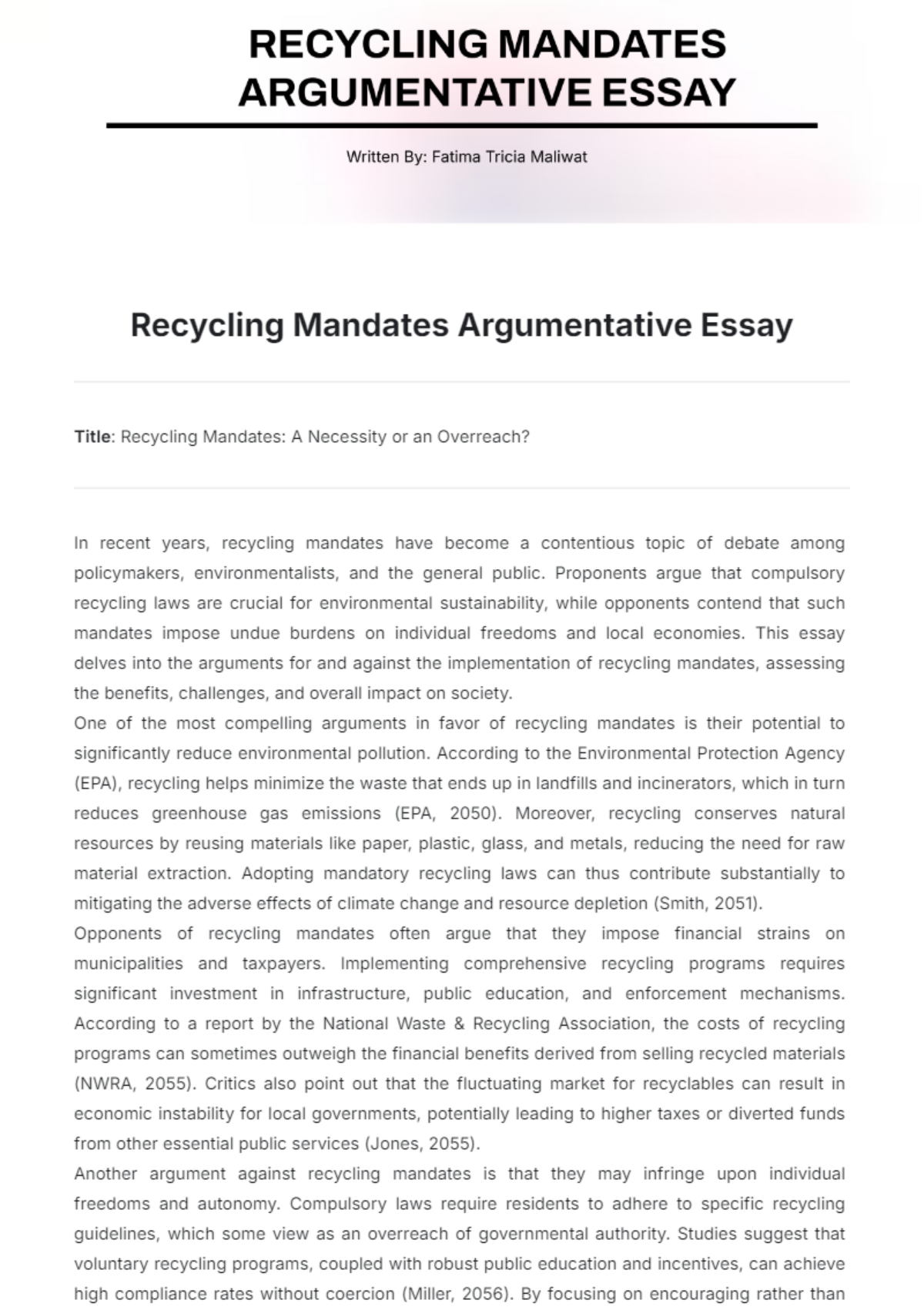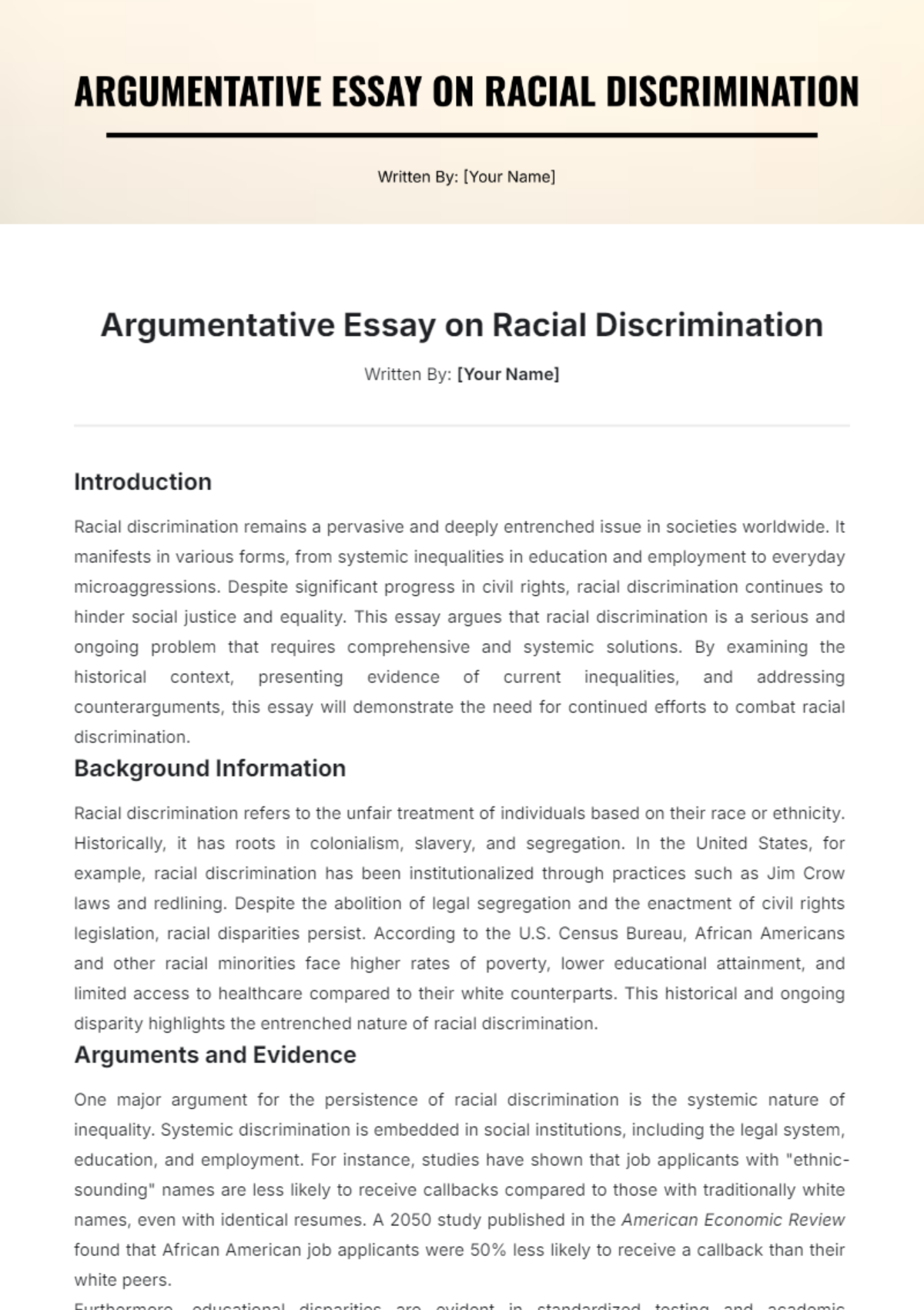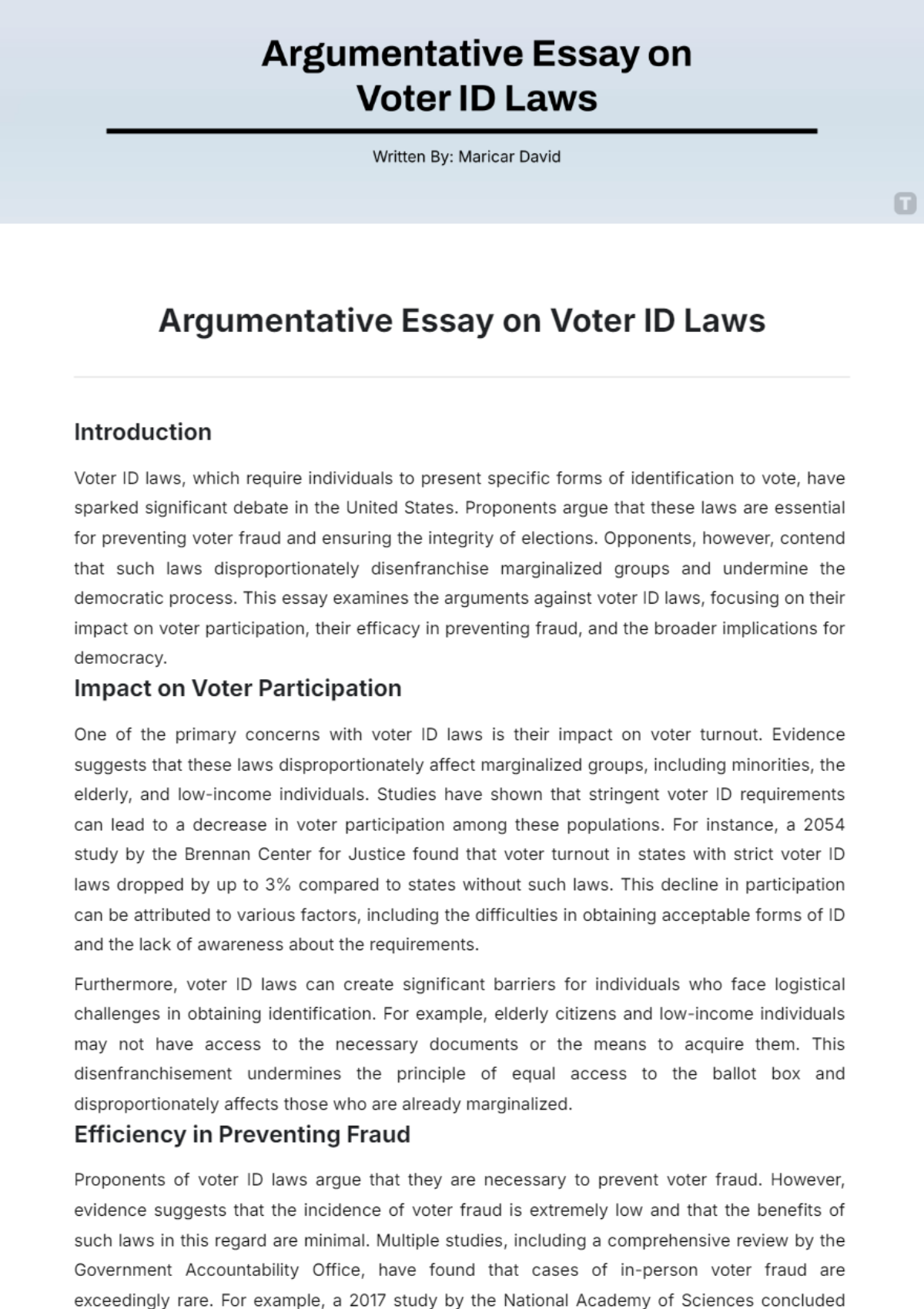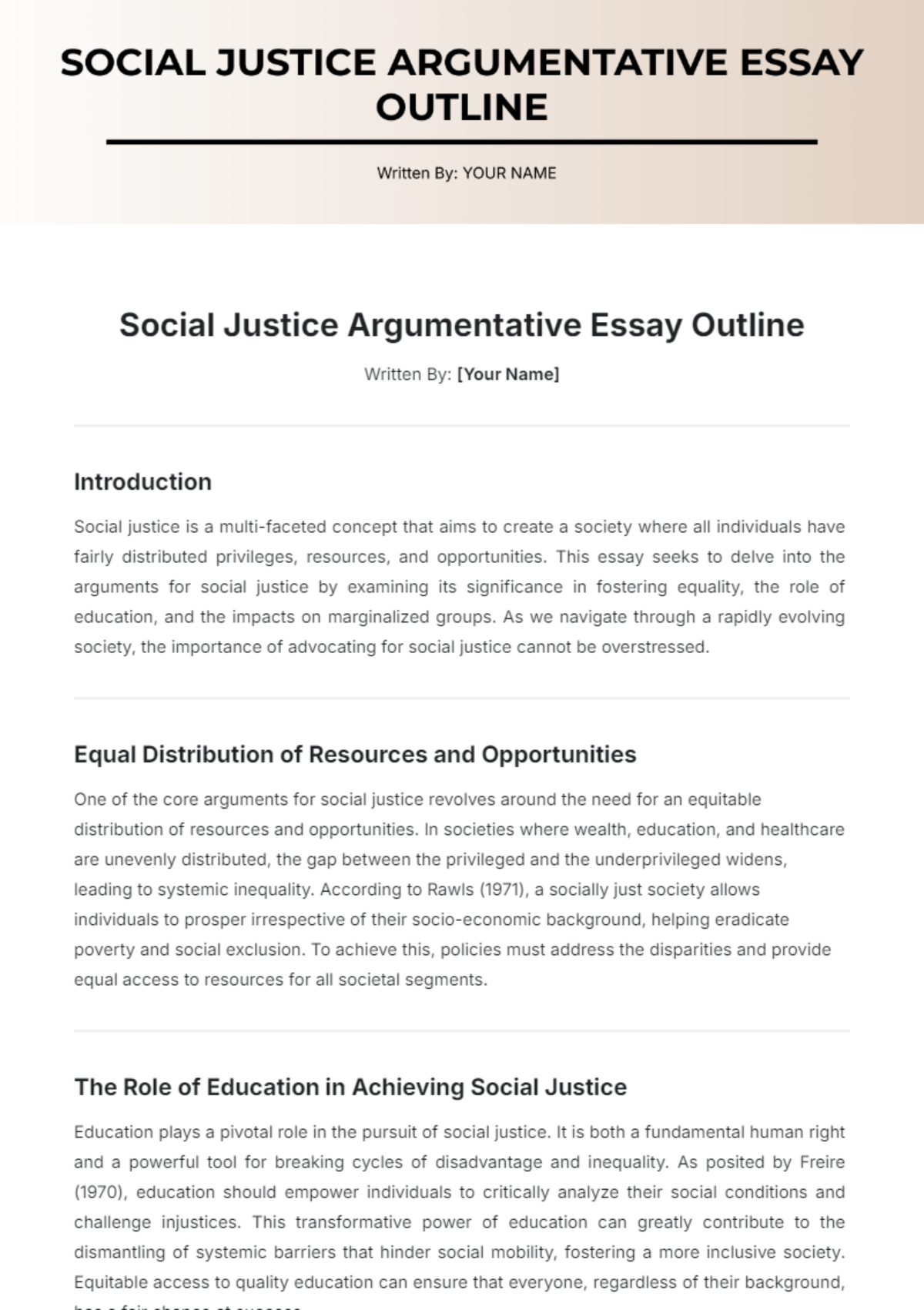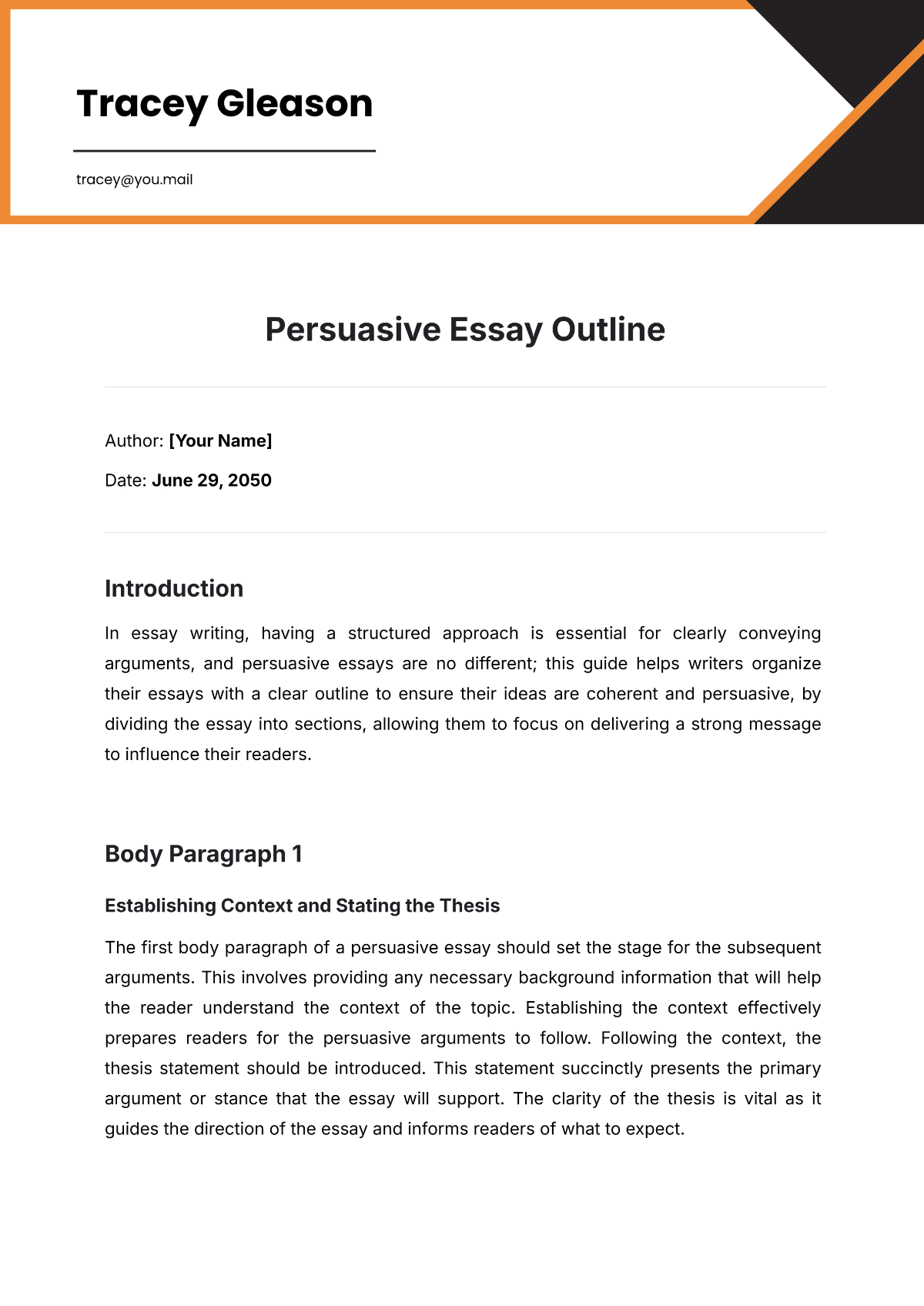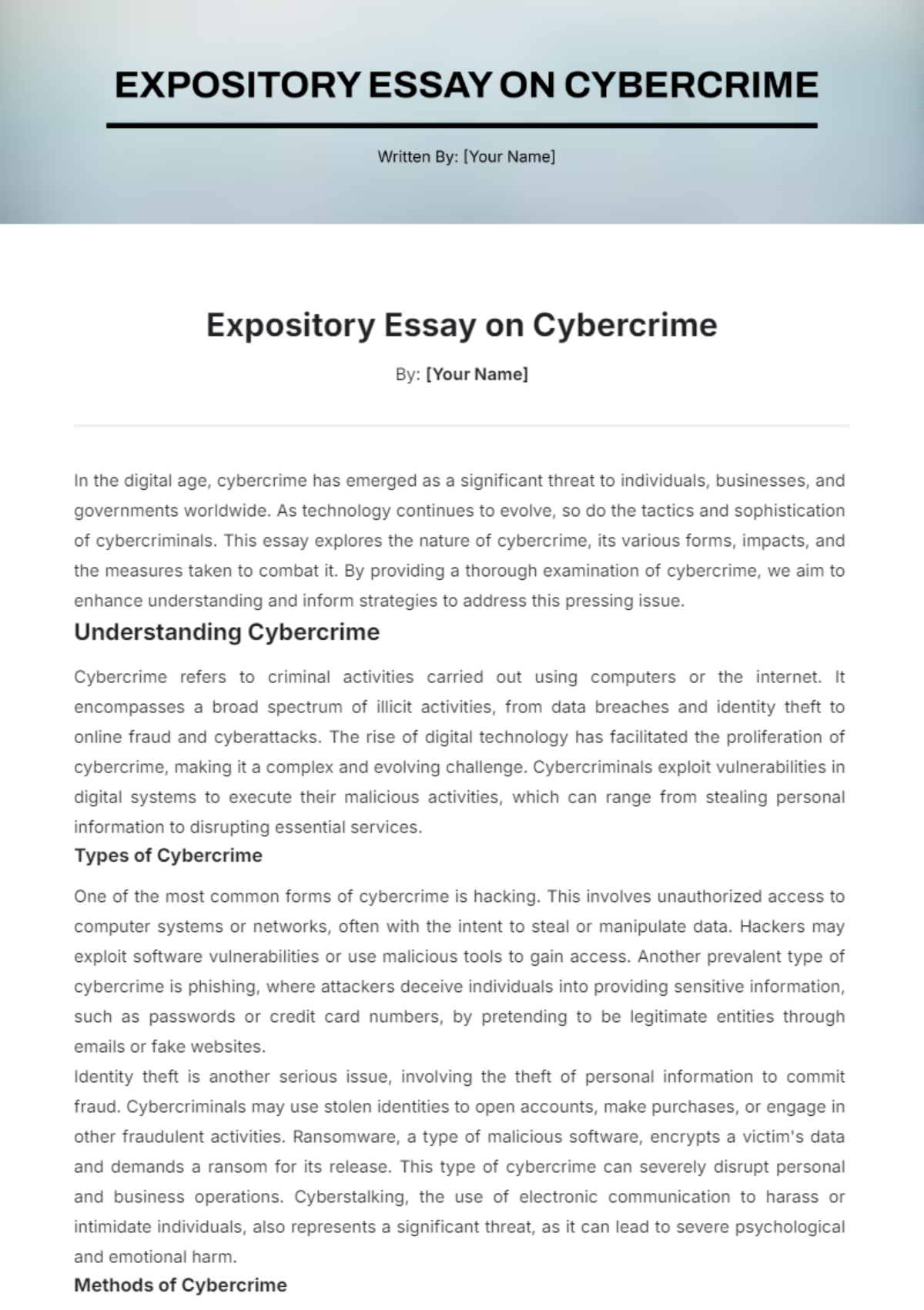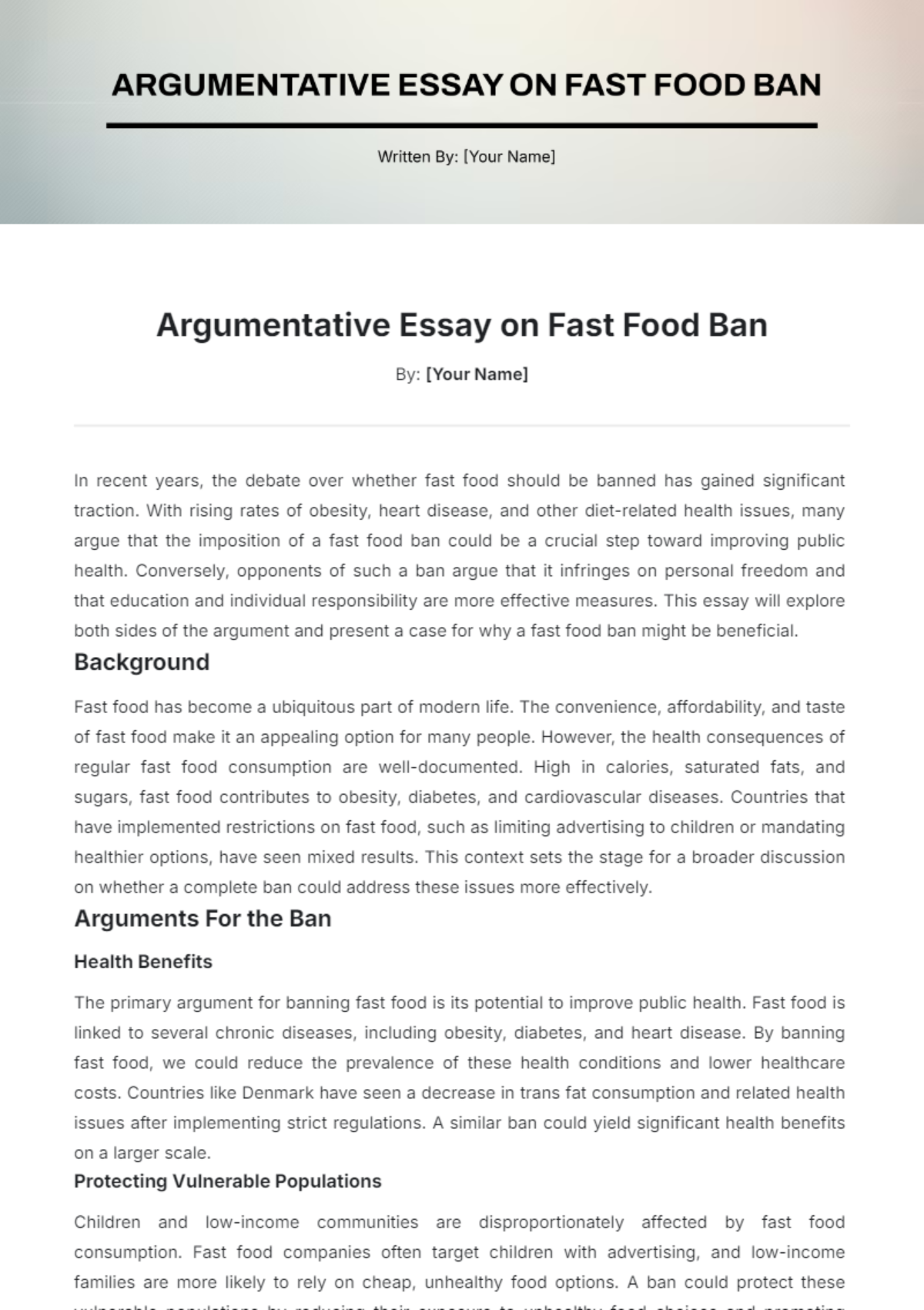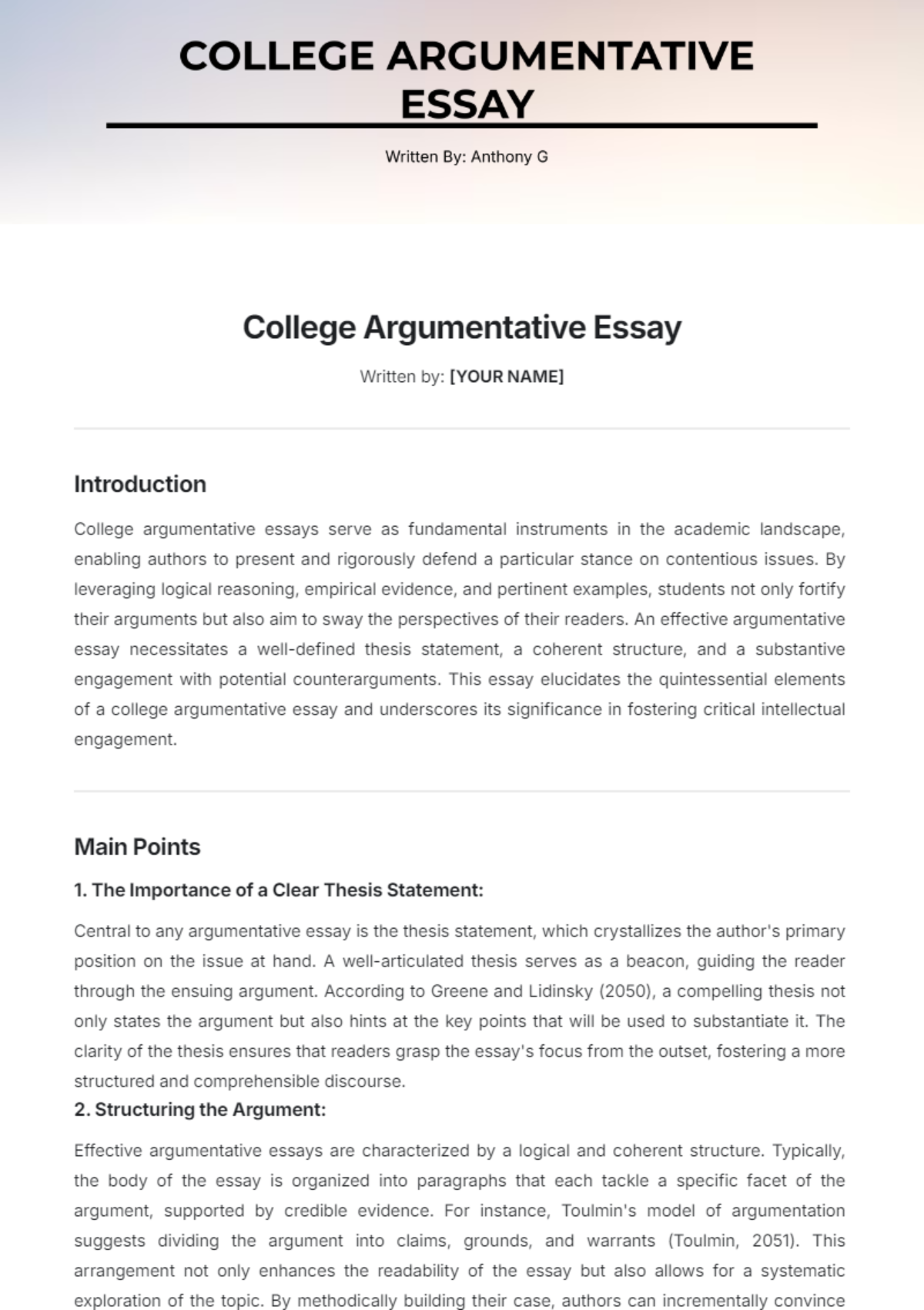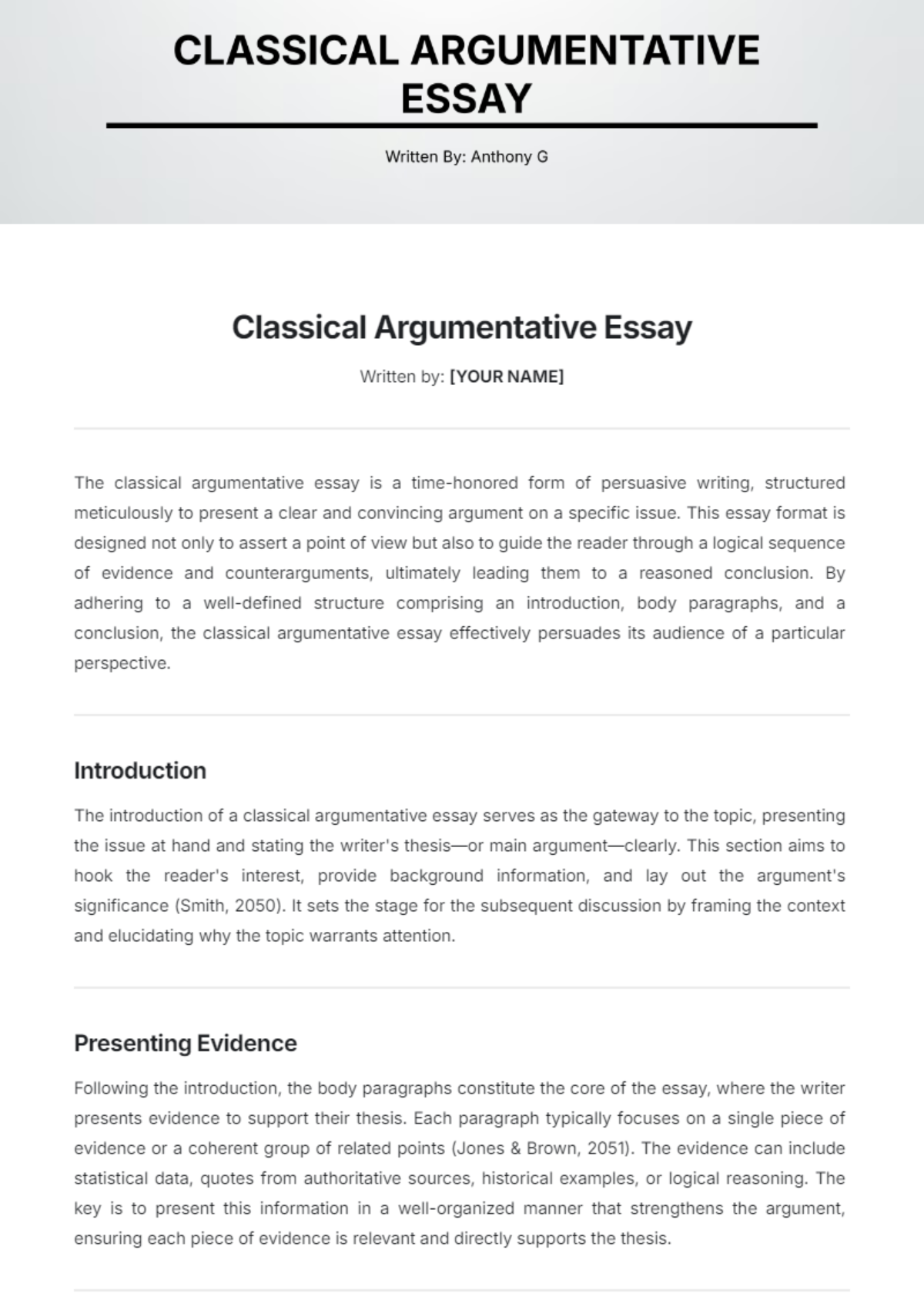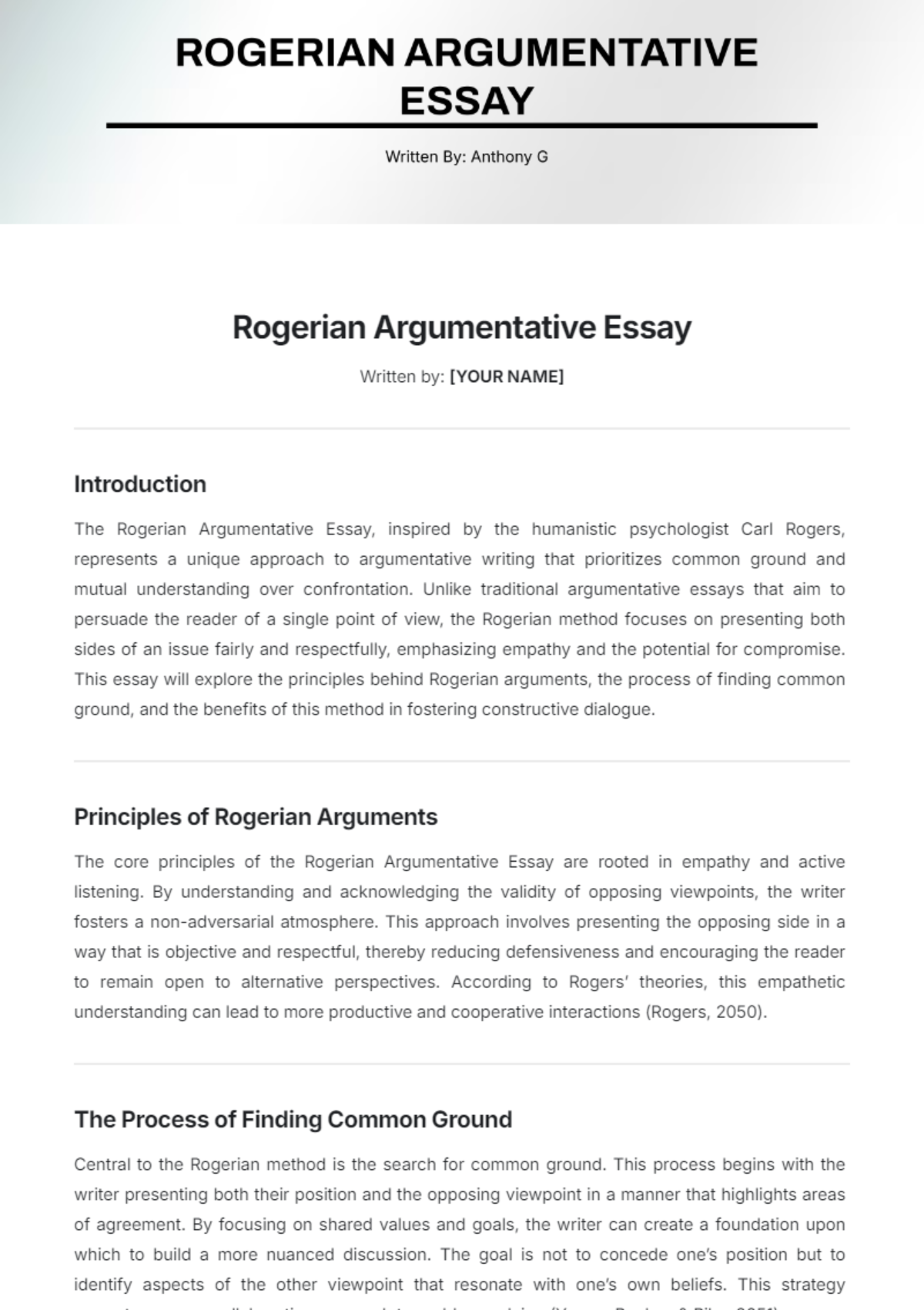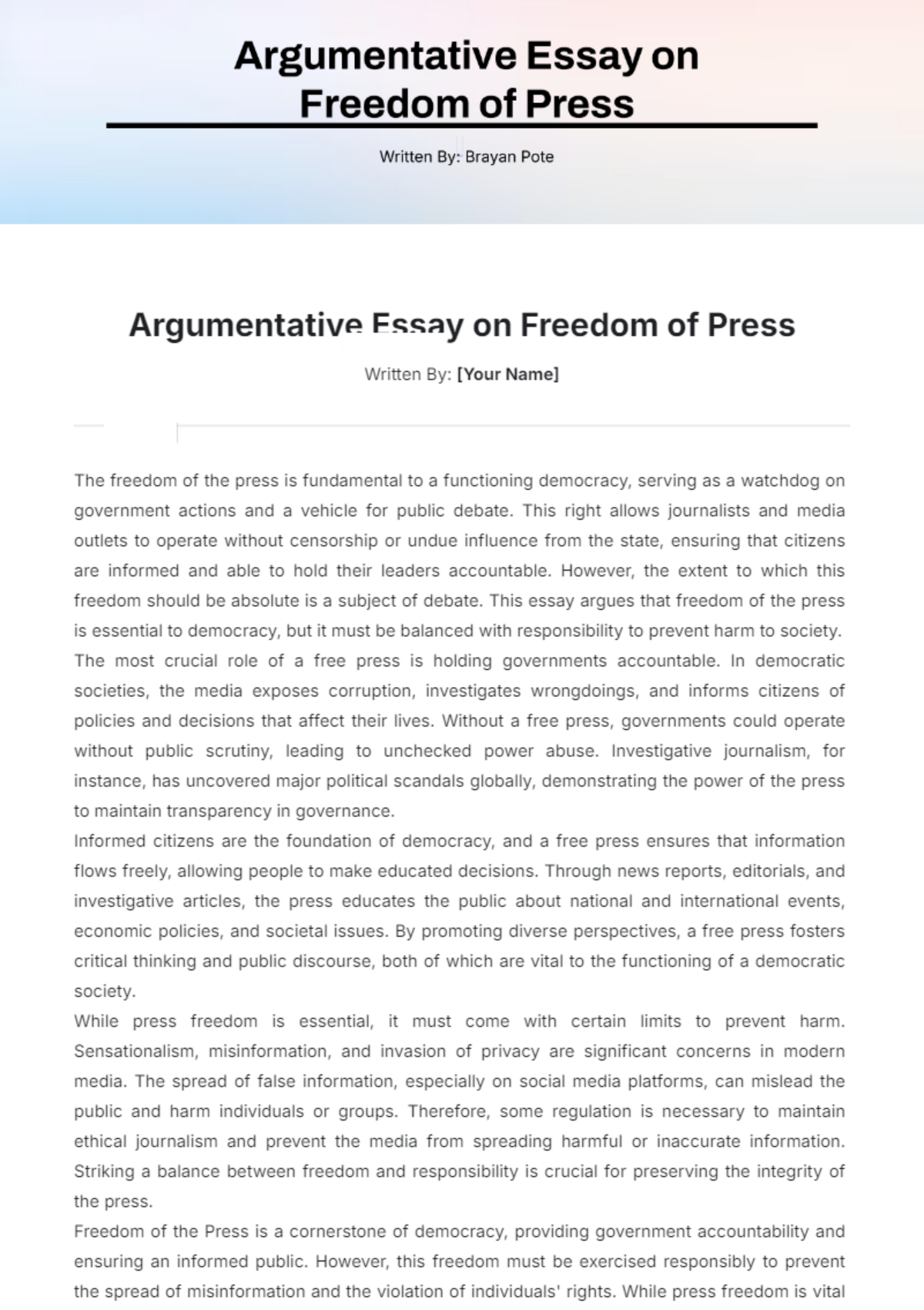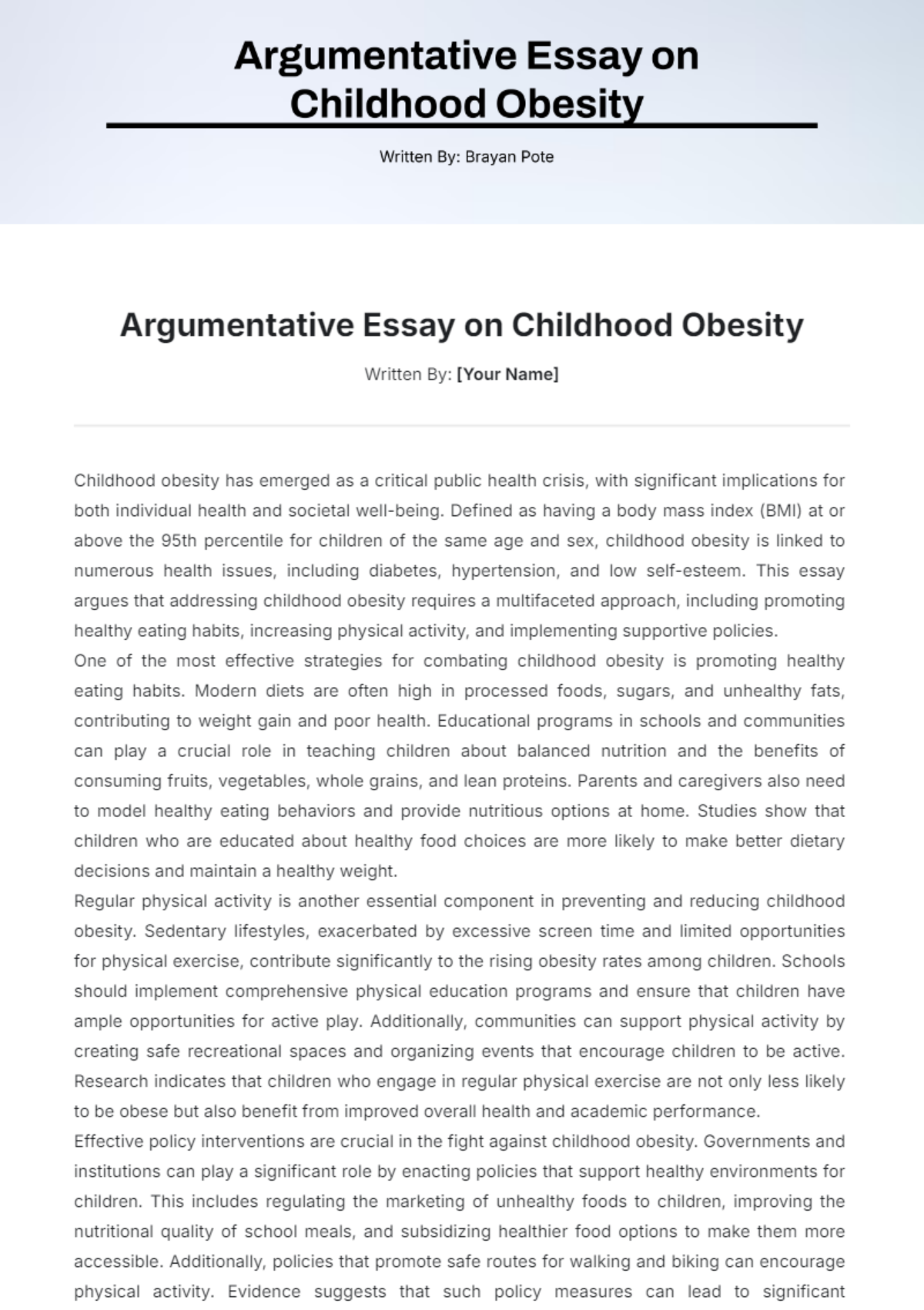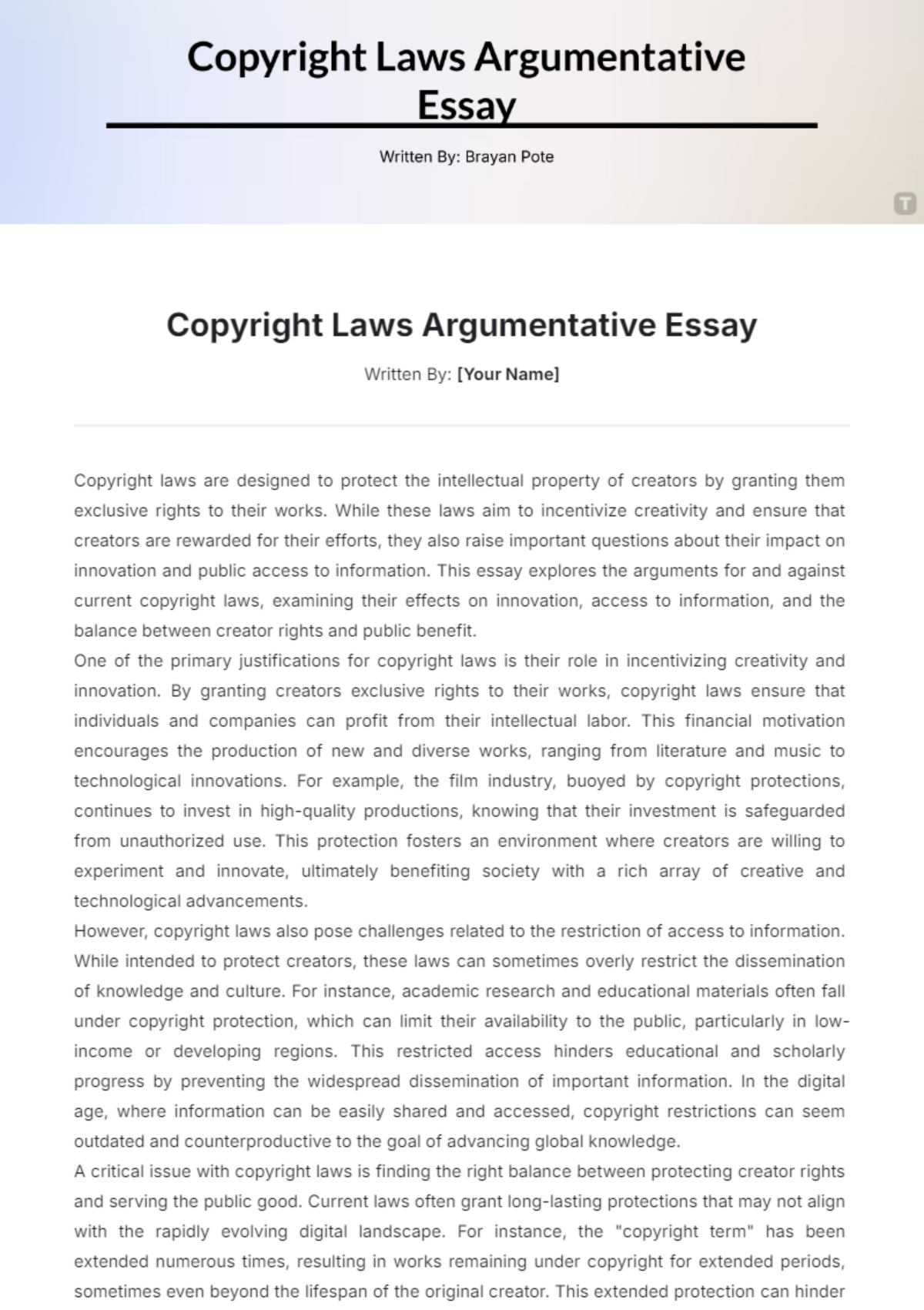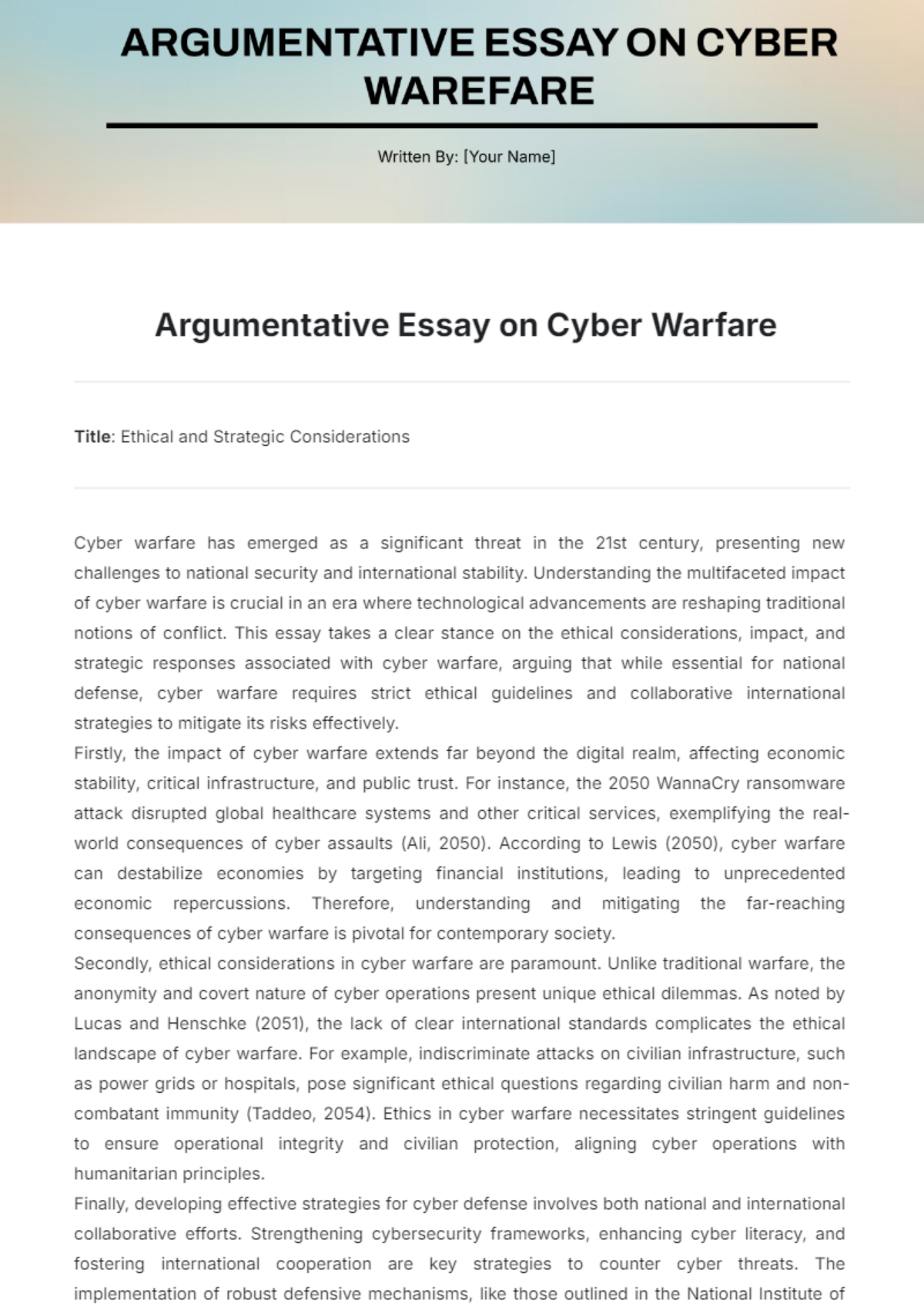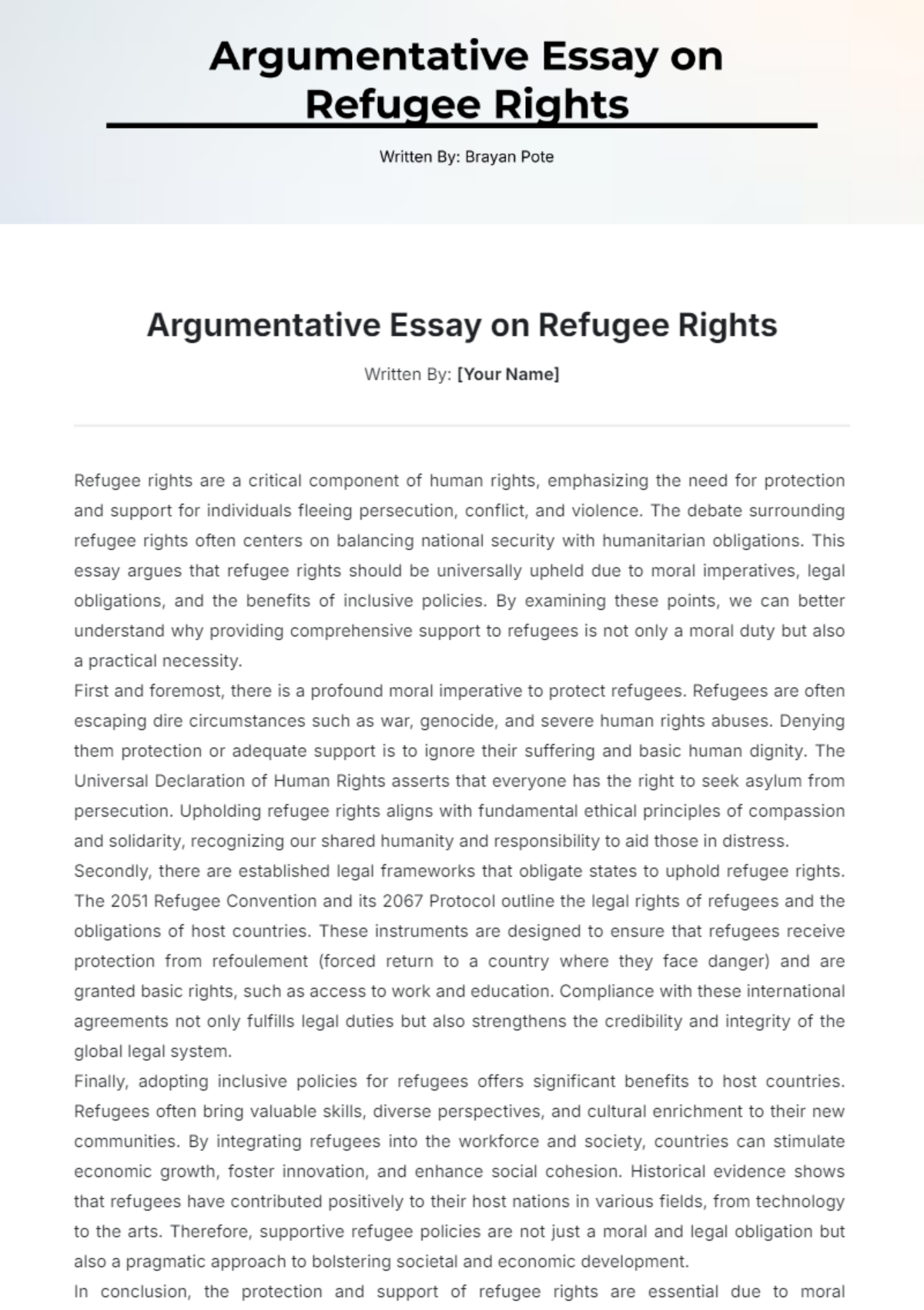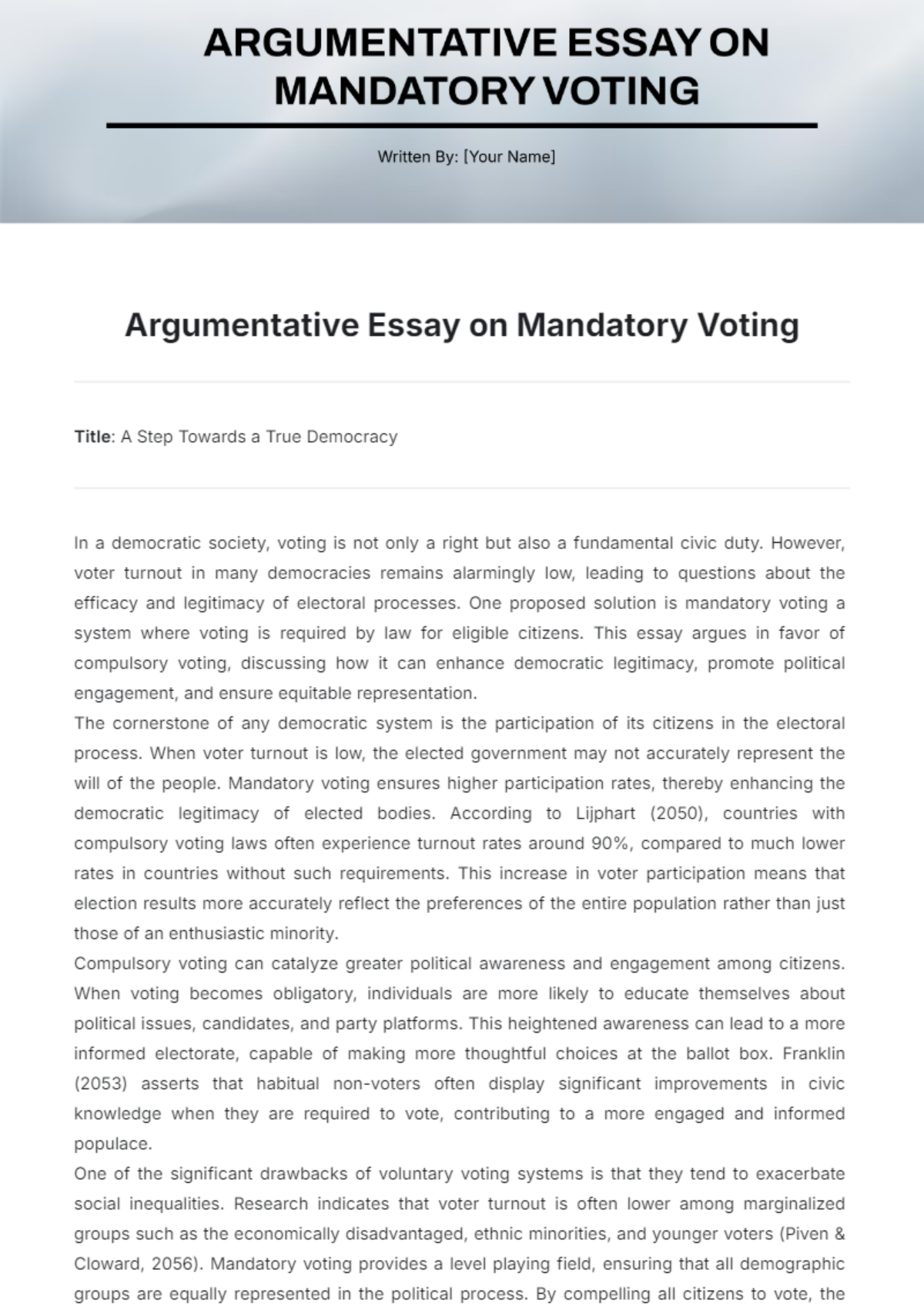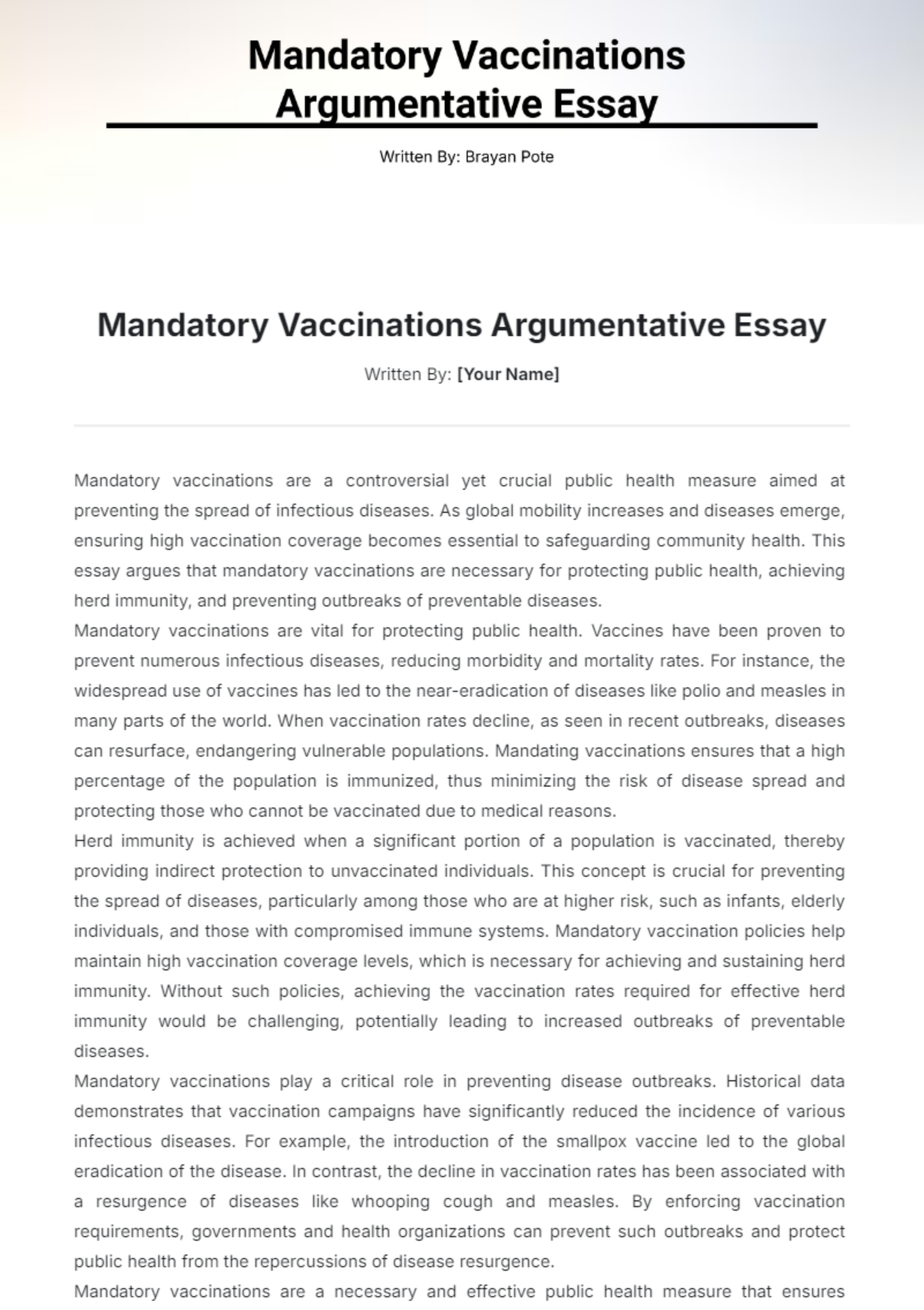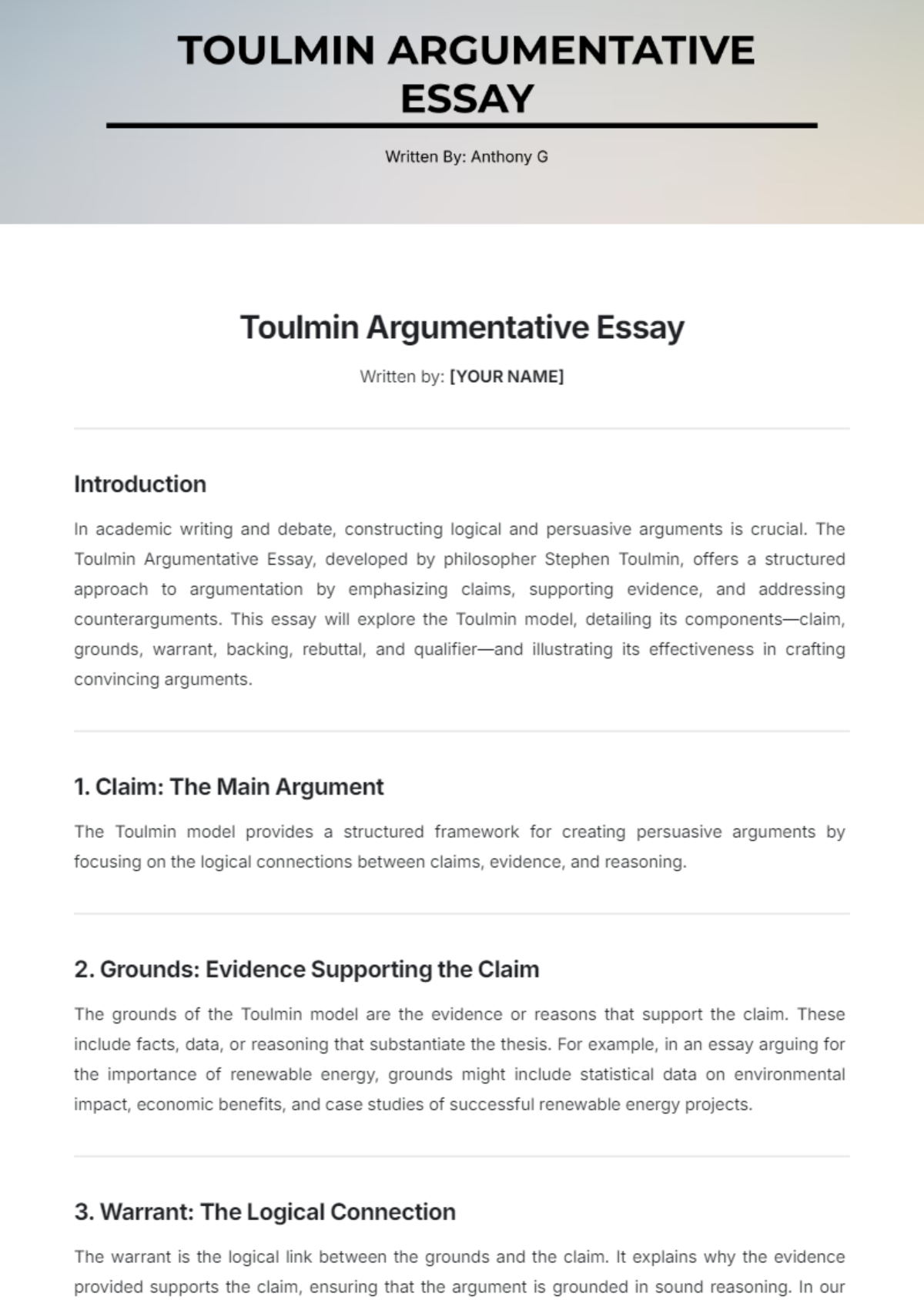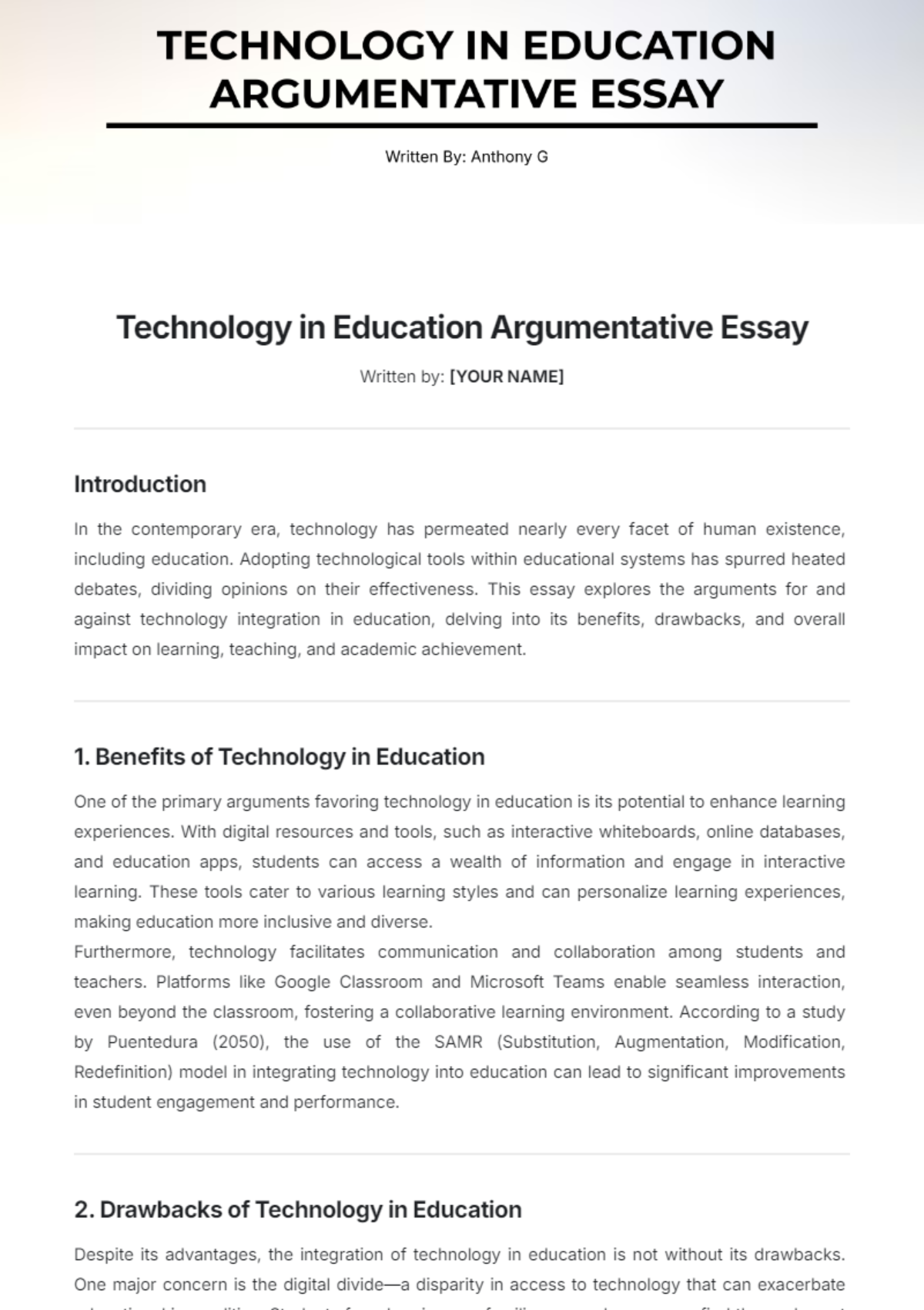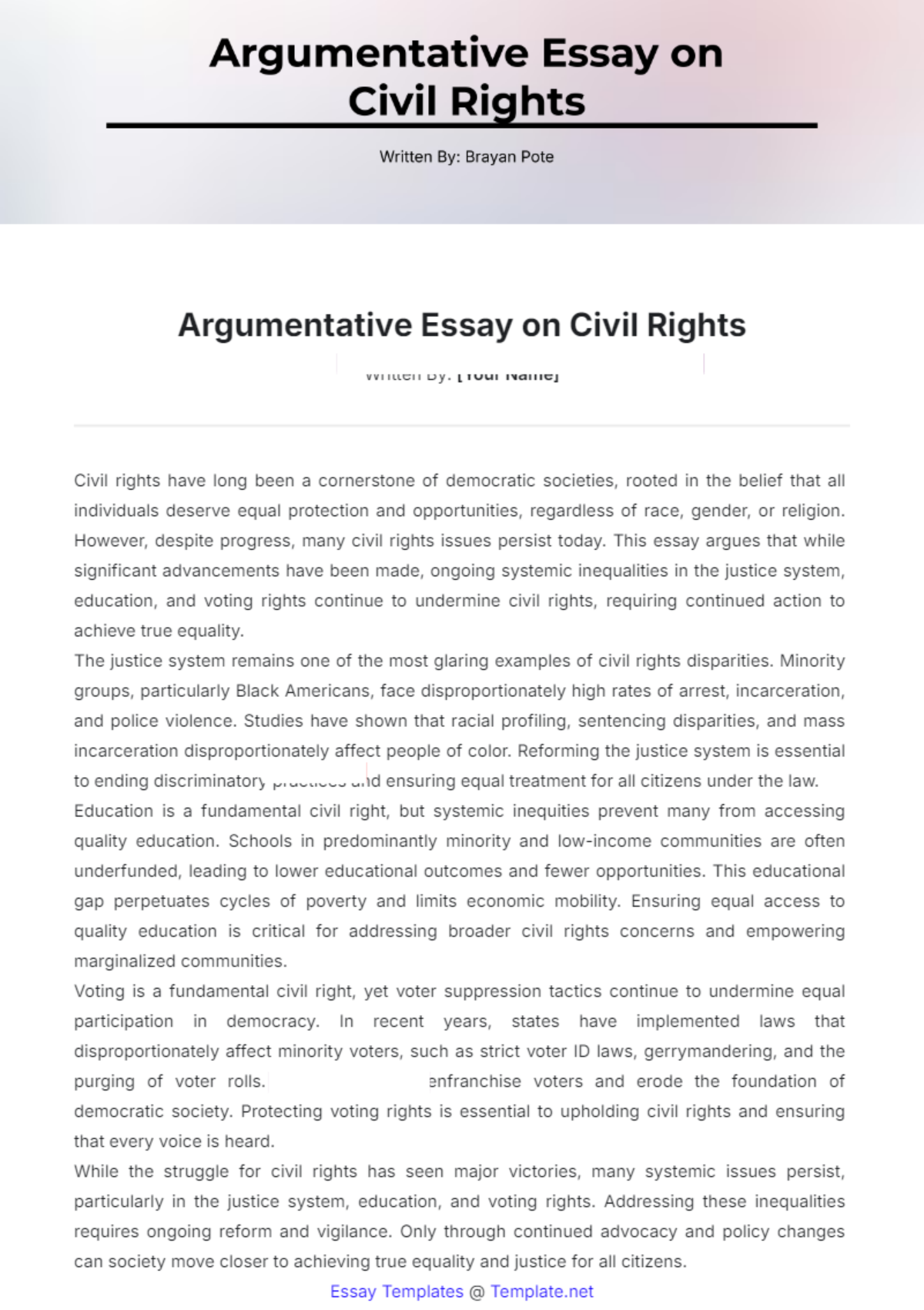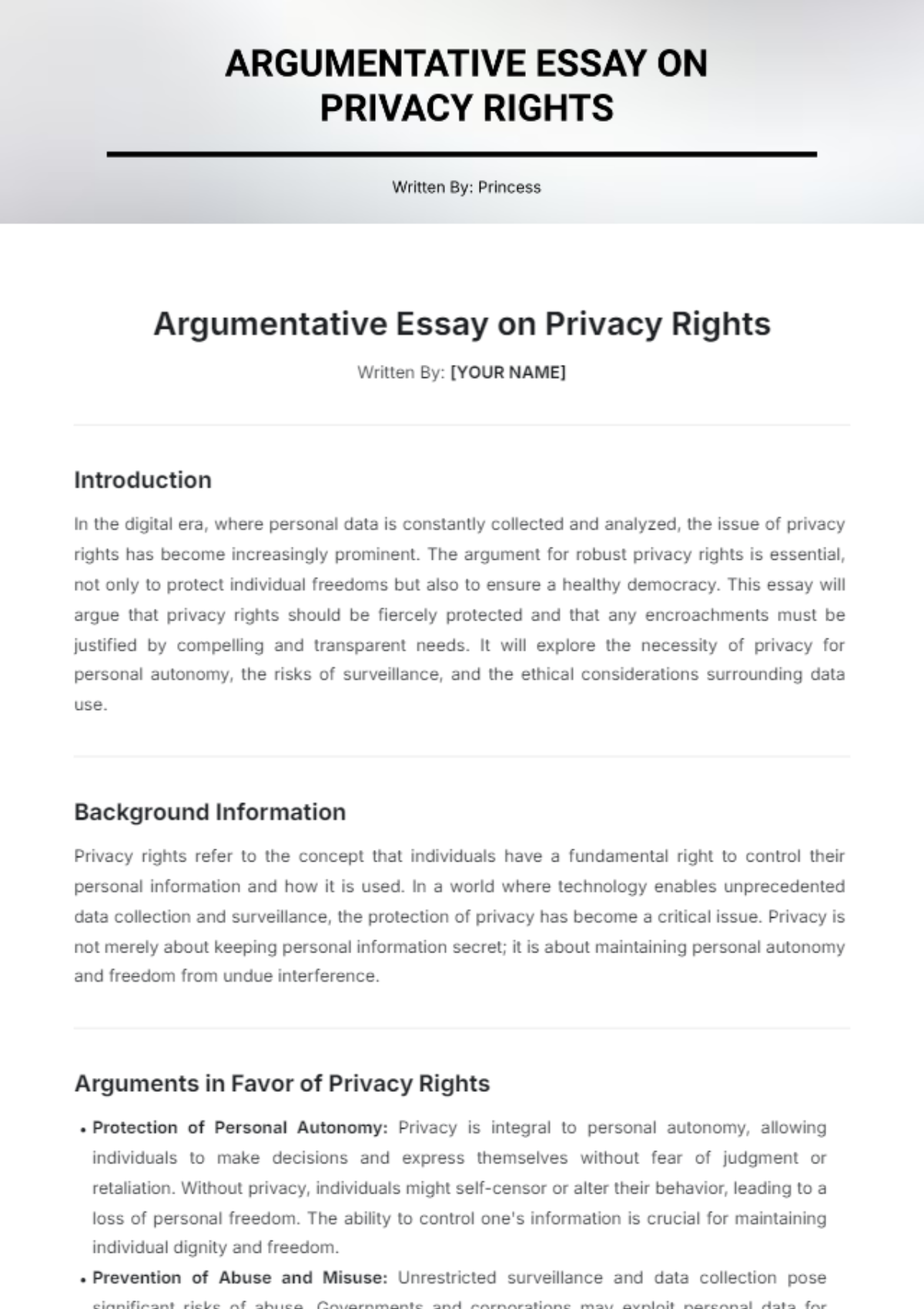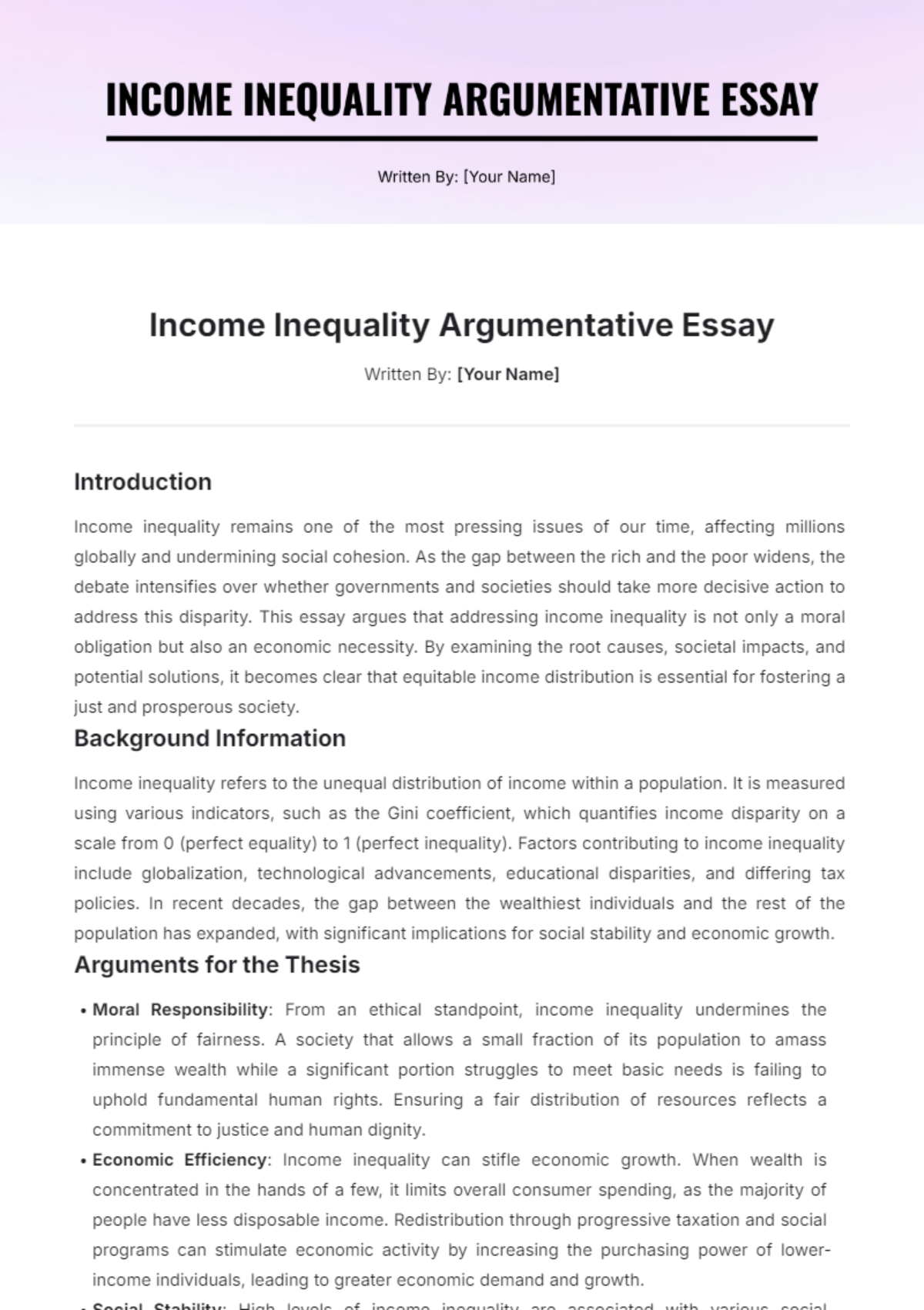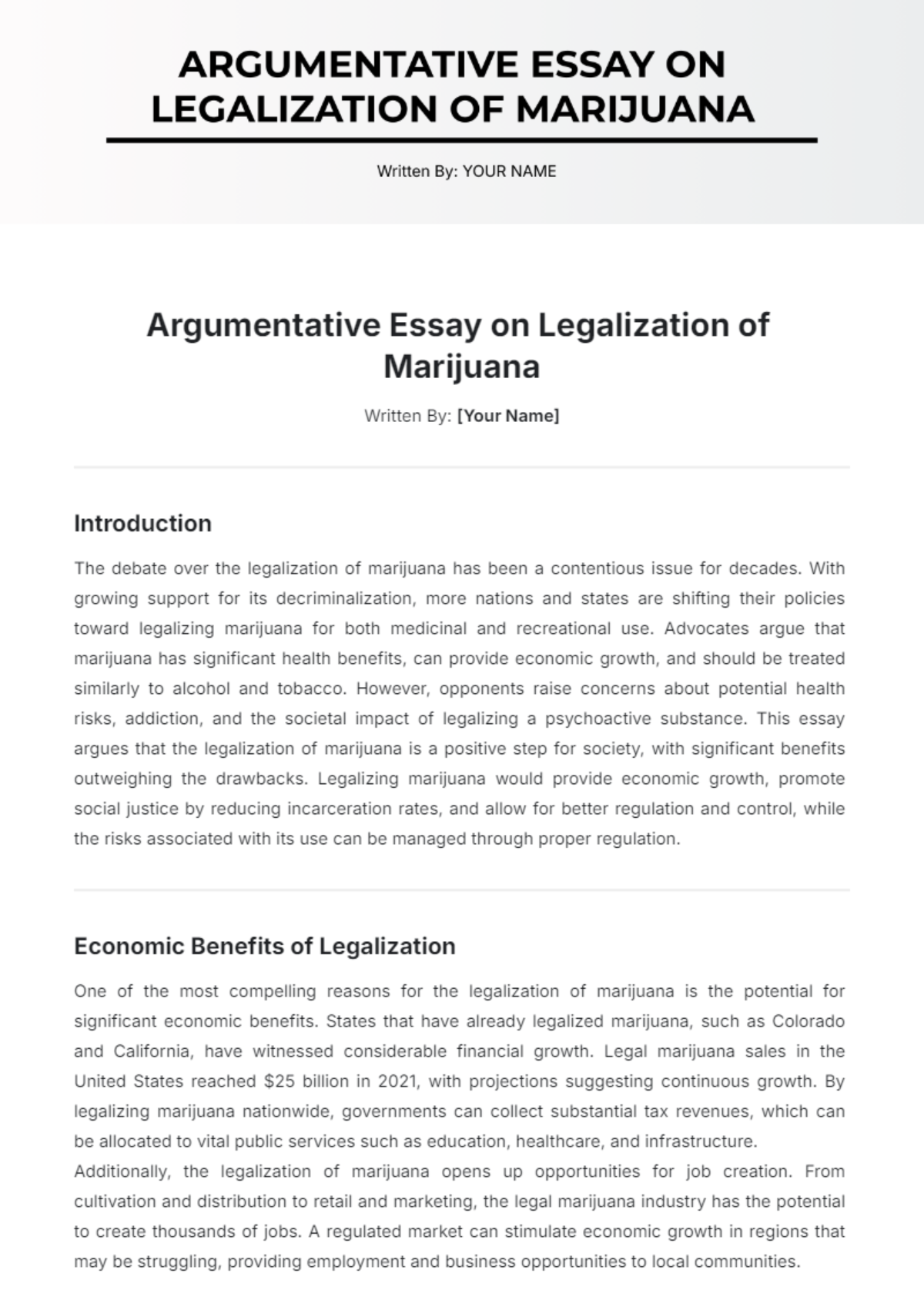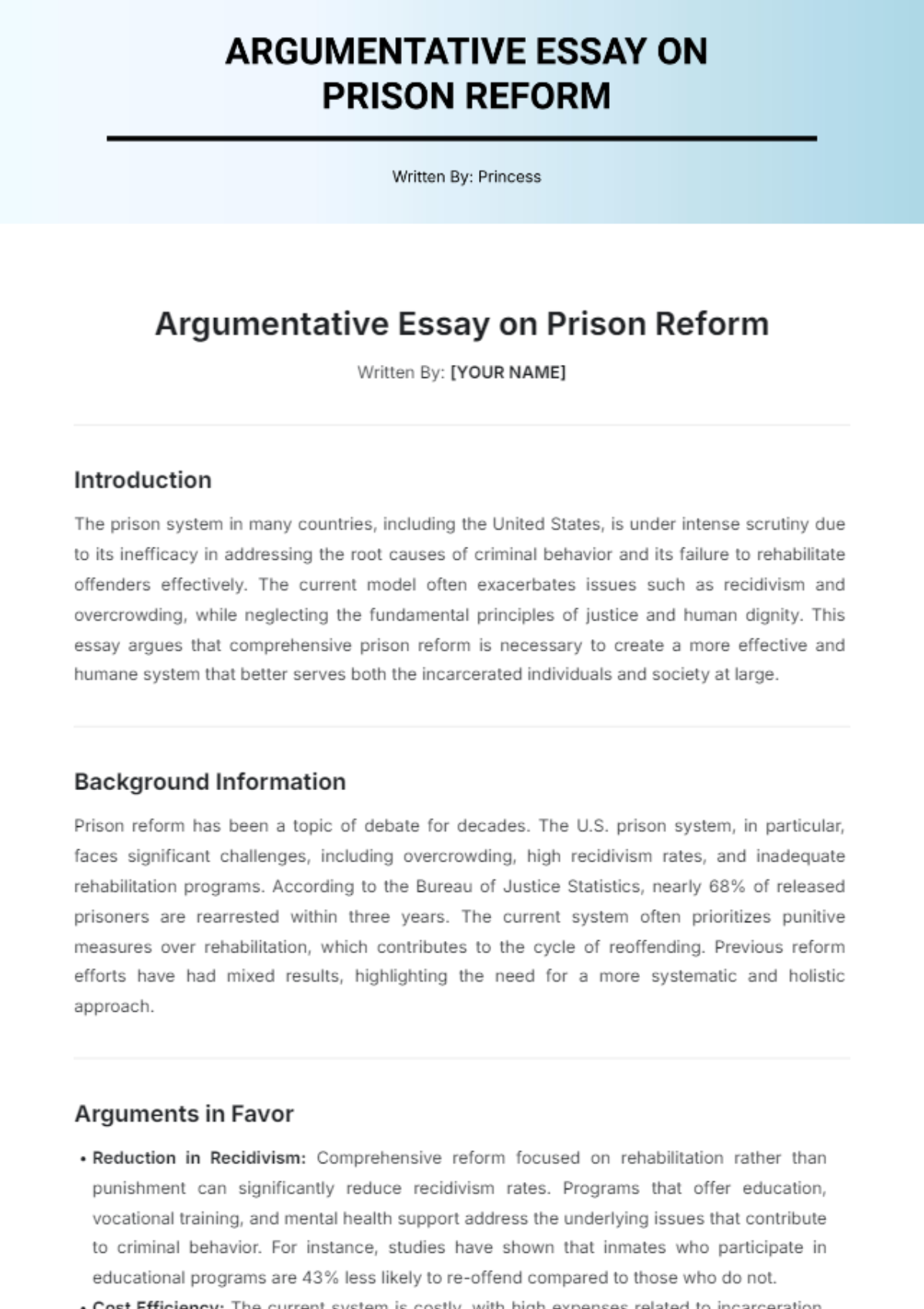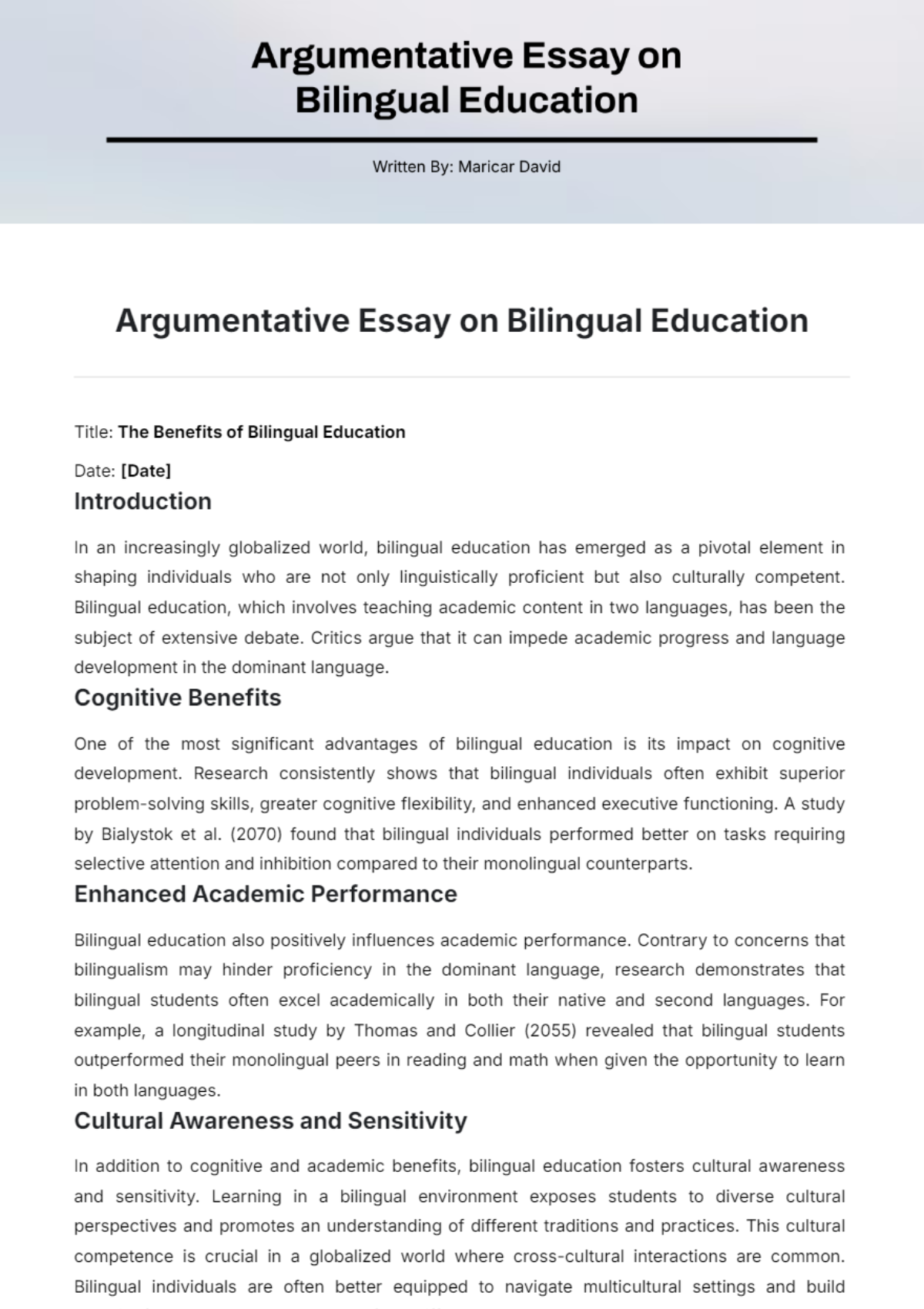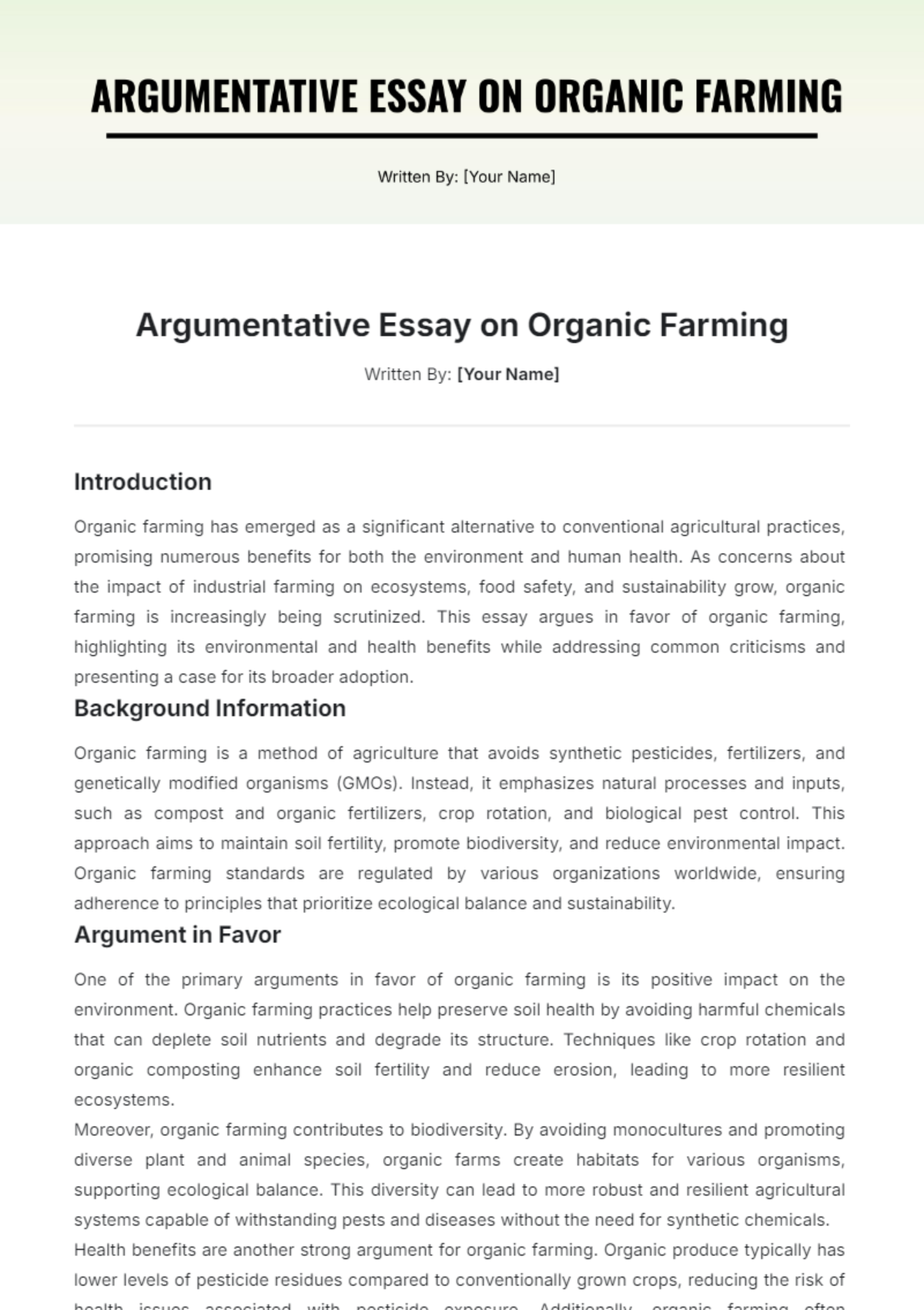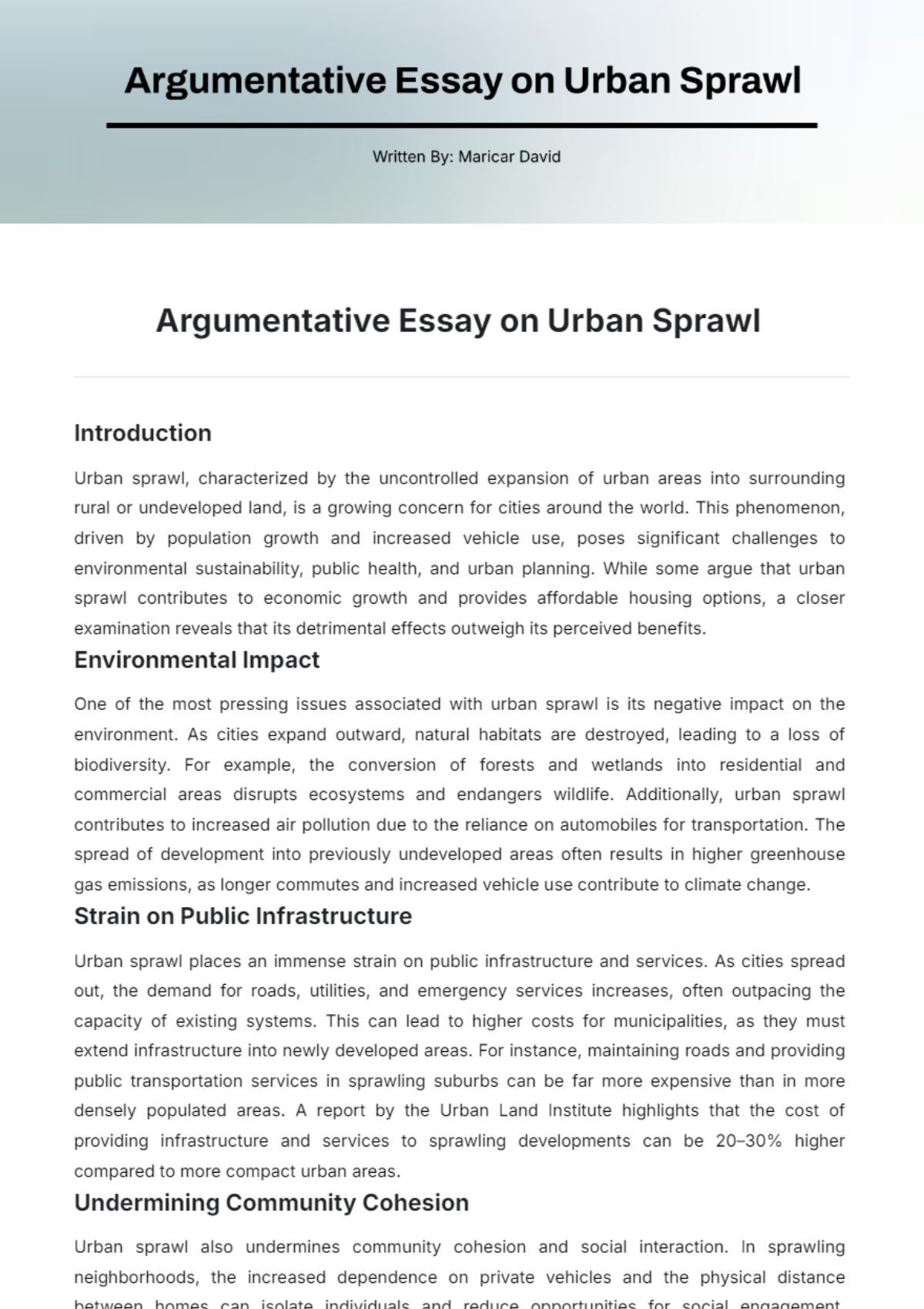Advanced Argumentative Essay
Written By: [YOUR NAME]
Economic inequality has been a persistent issue, exacerbated by various factors including technological advancement, globalization, and economic crises. Universal Basic Income (UBI) is proposed as a potential solution to address this growing disparity. Proponents argue that UBI could provide financial security, reduce poverty, and stimulate economic growth. Critics, however, question its feasibility and effectiveness. This essay argues that UBI offers a viable approach to mitigating economic inequality, provided it is implemented alongside supportive policies and adjustments.
Research on UBI explores its potential impact on economic inequality and social welfare. Advocates such as Standing (2057) argue that UBI can enhance financial stability and empower individuals by providing a guaranteed income. Conversely, critics like Murray (2056) raise concerns about the cost of UBI and its potential disincentive effects on work. A comprehensive analysis by the Institute for Policy Studies (2059) suggests that UBI could reduce poverty but requires careful planning to address potential economic challenges.
Argument Development
Reduction in Poverty and Financial Stability
UBI can provide a safety net that ensures everyone has a basic level of financial security. According to a study by the Institute for Policy Studies (2019), UBI could significantly reduce poverty rates by providing a guaranteed income to all citizens, regardless of their employment status. This financial stability allows individuals to meet their basic needs and reduces the stress associated with economic insecurity.
Encouragement of Personal and Professional Growth
By providing a basic income, UBI can encourage individuals to pursue education, entrepreneurship, and creative endeavors without the immediate pressure of earning a living wage. Research by Standing (2017) shows that individuals receiving UBI are more likely to engage in educational and professional development opportunities, contributing to overall economic growth and innovation.
Economic Stimulus and Consumer Spending
UBI can act as an economic stimulus by increasing consumer spending. When people have a guaranteed income, they are likely to spend more on goods and services, which can drive demand and support economic growth. According to an analysis by the Roosevelt Institute (2020), UBI could boost consumer spending and stimulate local economies, potentially leading to job creation and economic expansion.
Critics contend that UBI is too costly and might cause inflation or reduce work motivation, but these issues can be mitigated with careful planning and supplementary measures; for example, a gradual rollout of UBI along with modifications to current welfare programs can control expenses, while pilot projects in Finland and Stockton, California, indicate that UBI enhances well-being and financial security without greatly discouraging work.
In conclusion, Universal Basic Income presents a hopeful approach to addressing economic inequality, despite challenges related to cost and implementation; its benefits in reducing poverty, encouraging individual development, and stimulating economic growth make it a compelling choice, especially when accompanied by supportive policies, potentially guiding societies toward increased economic fairness and strength.
